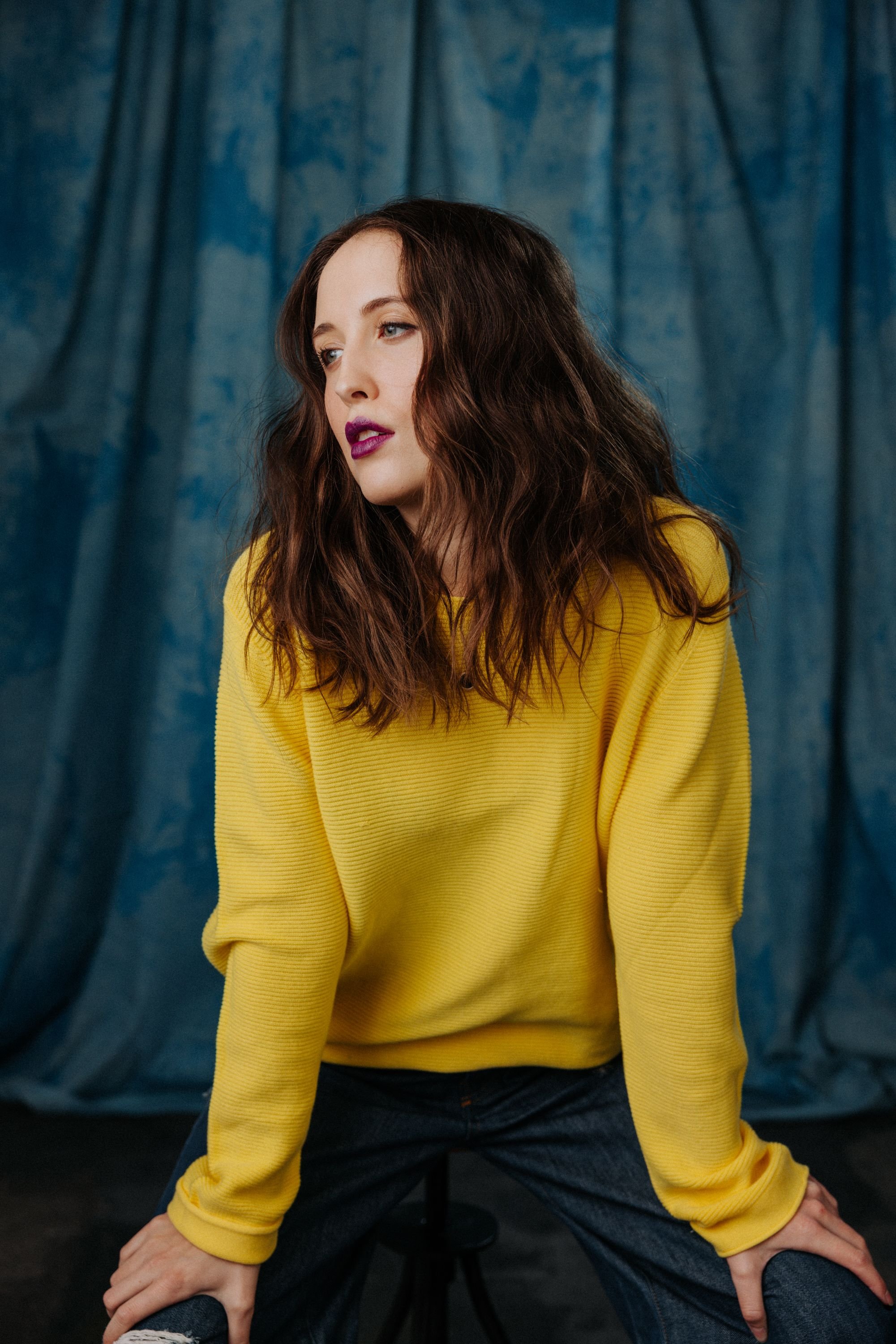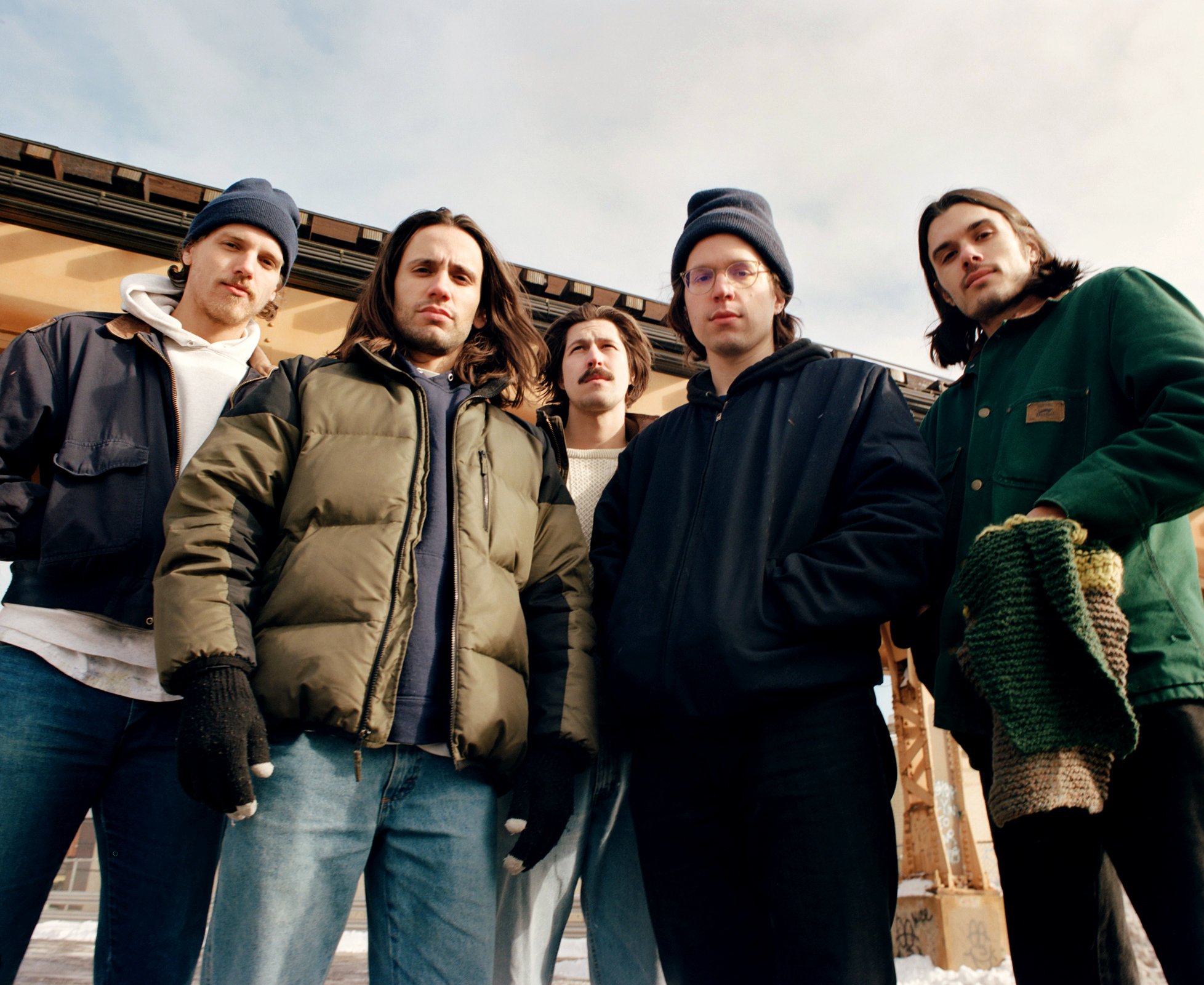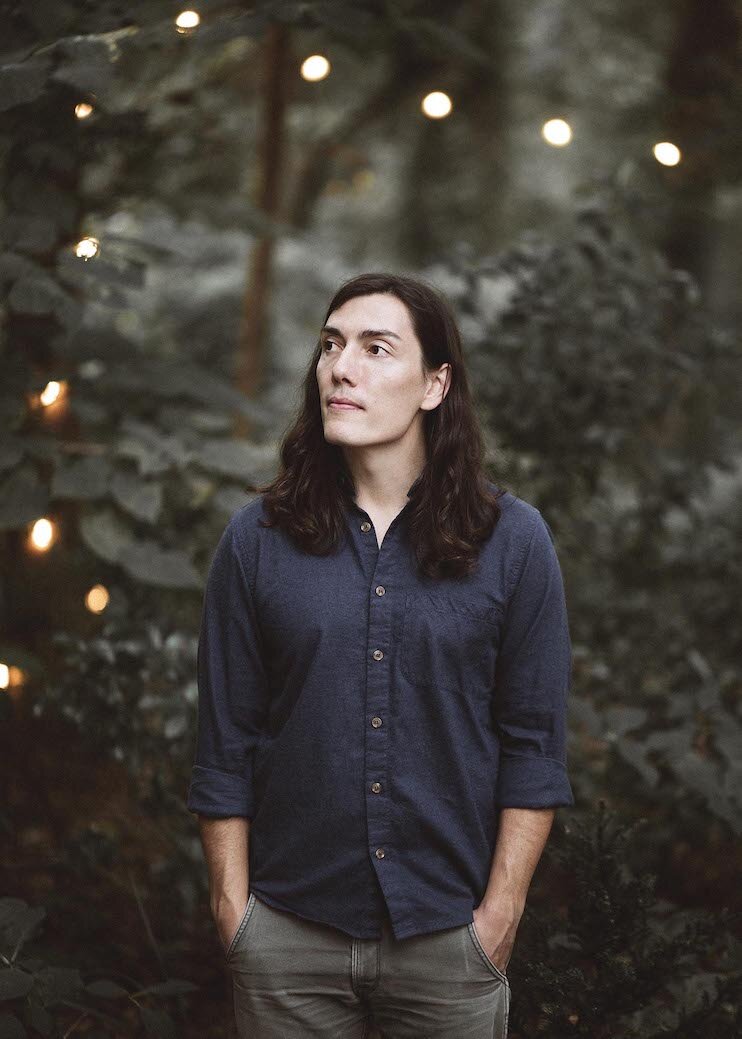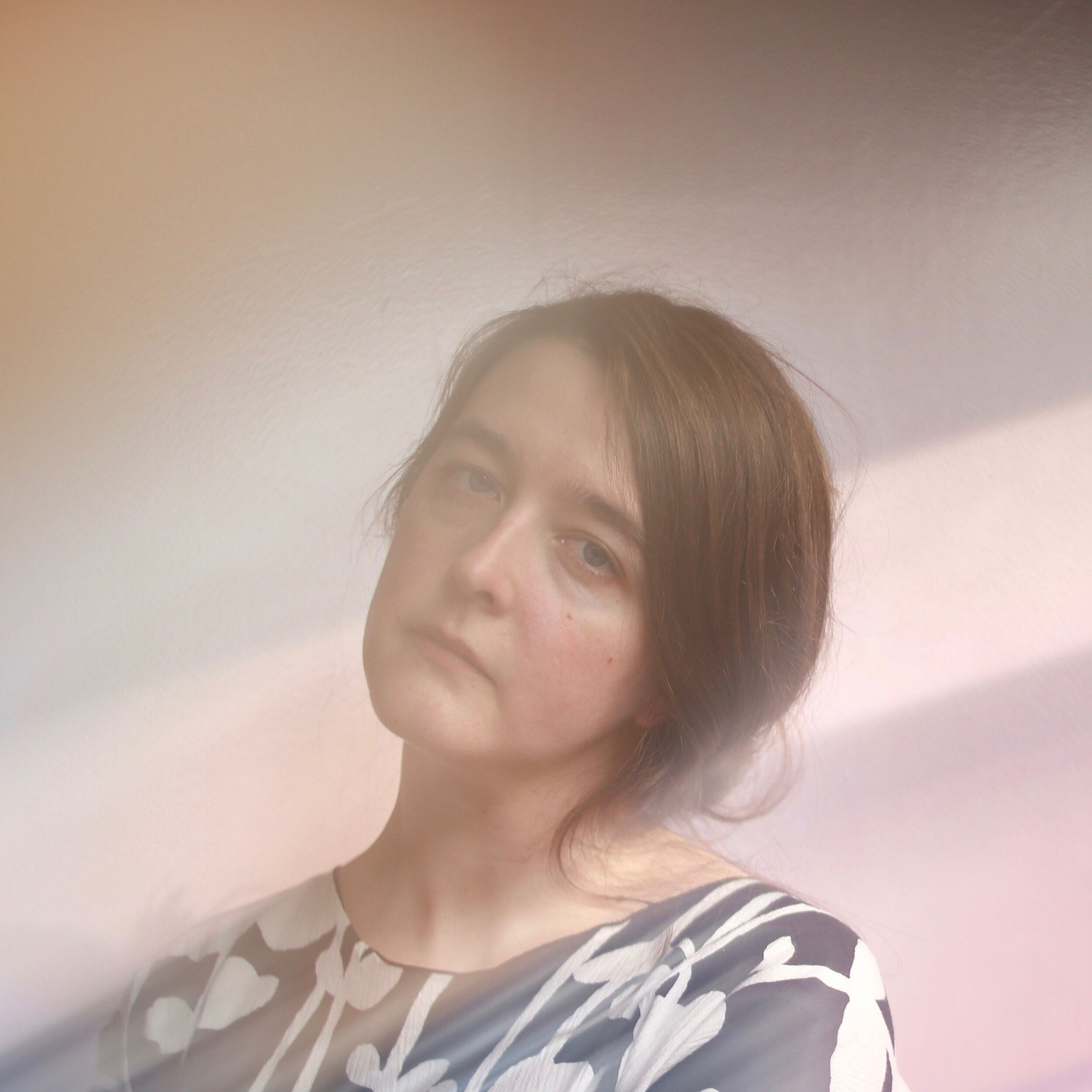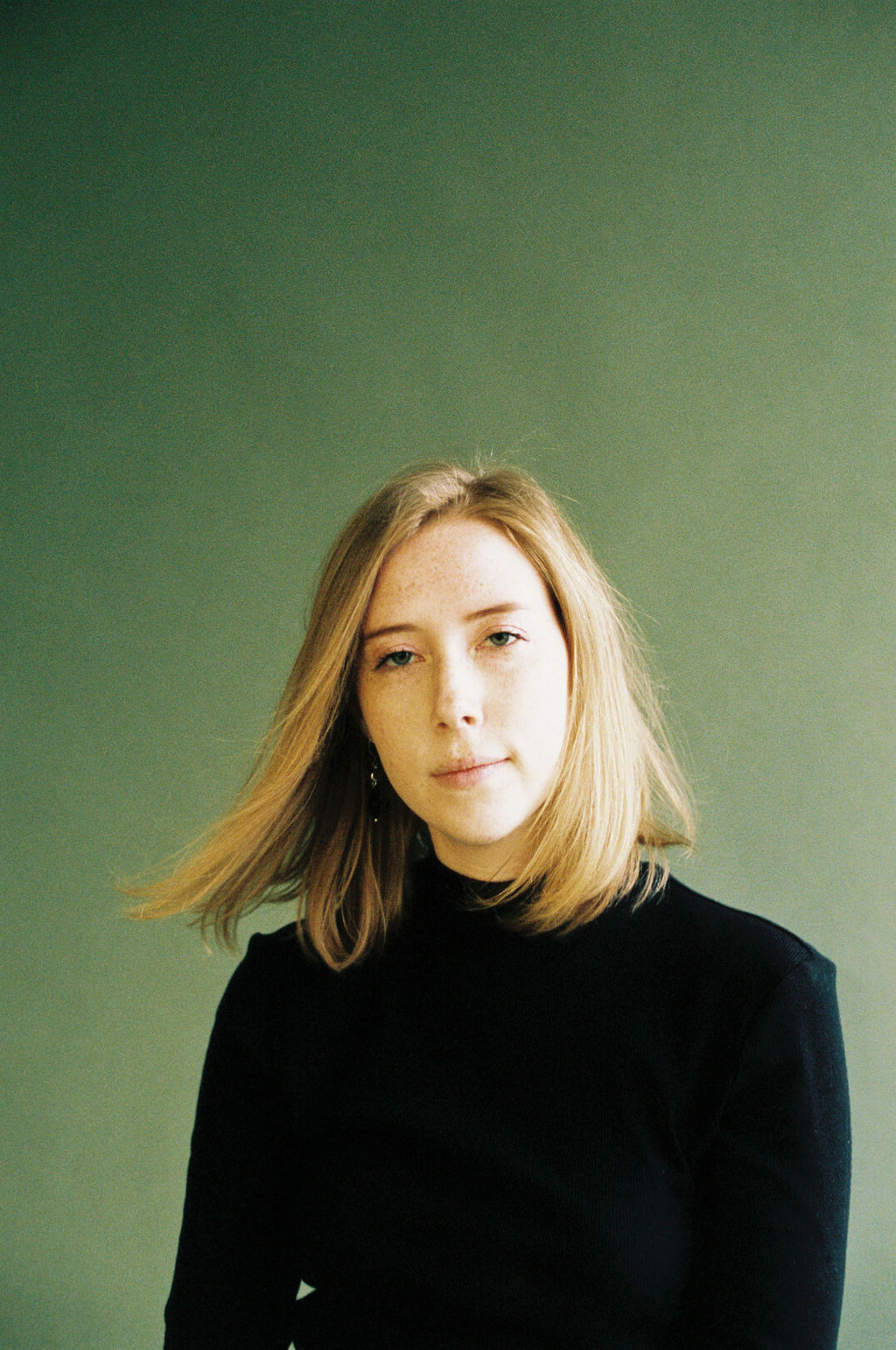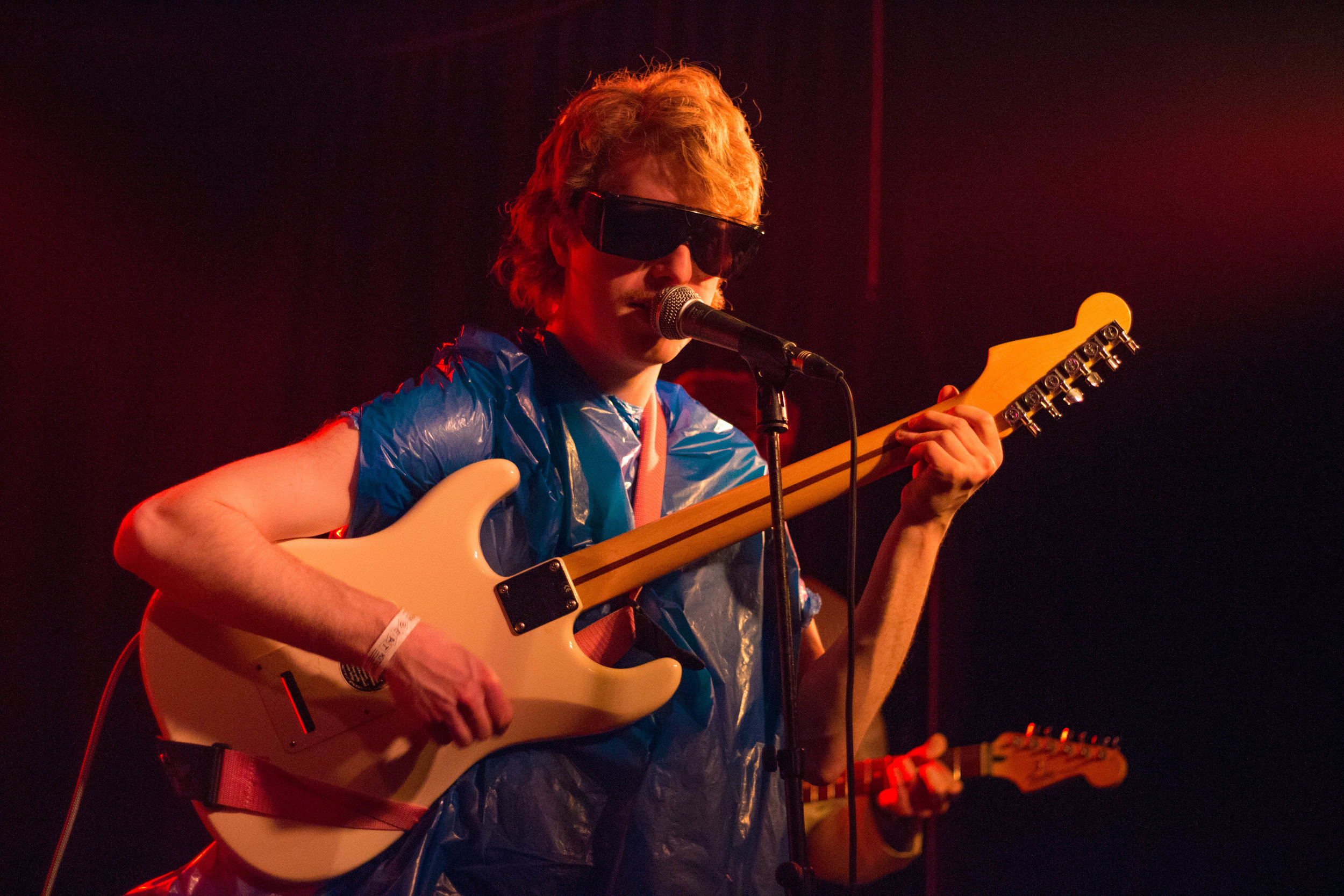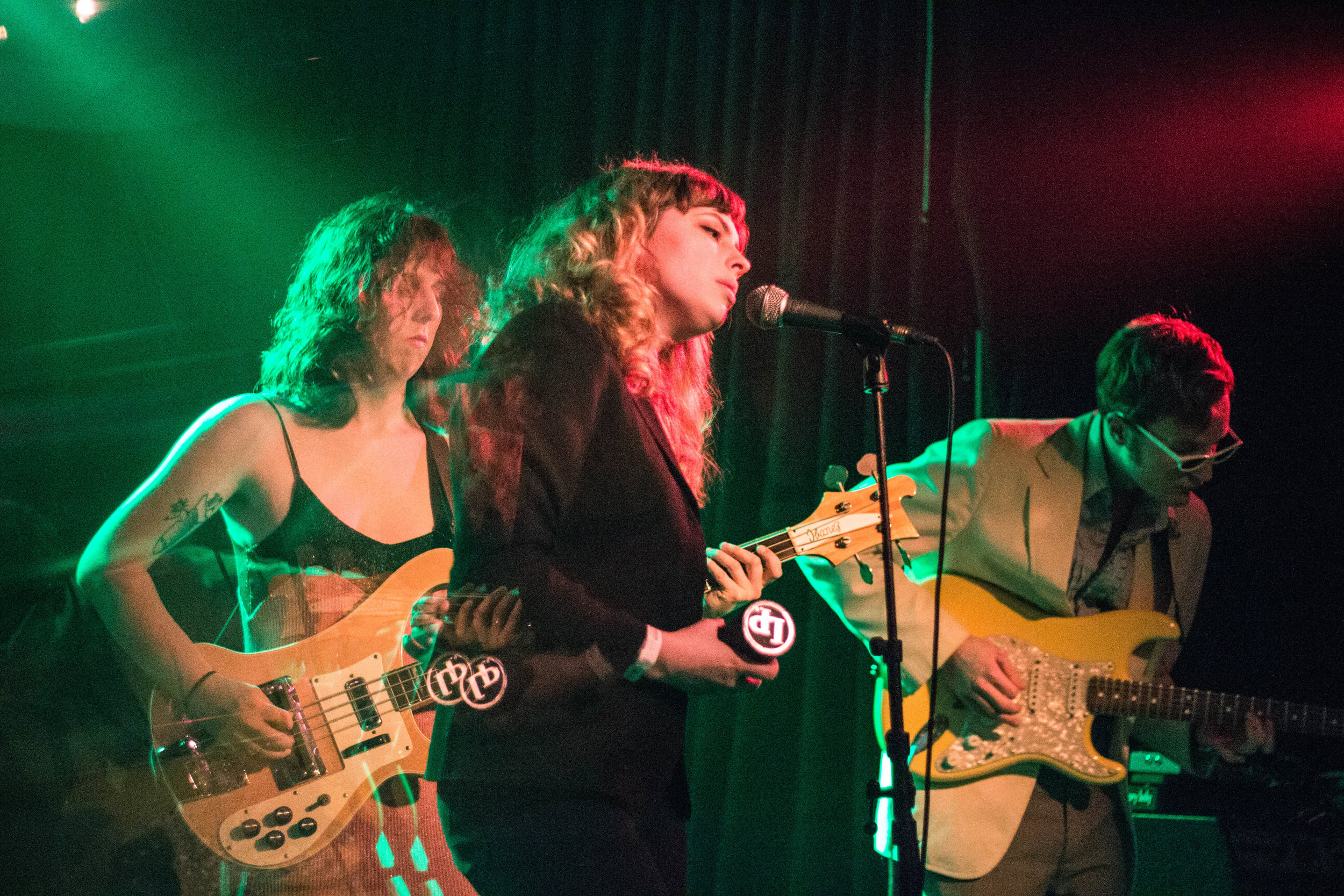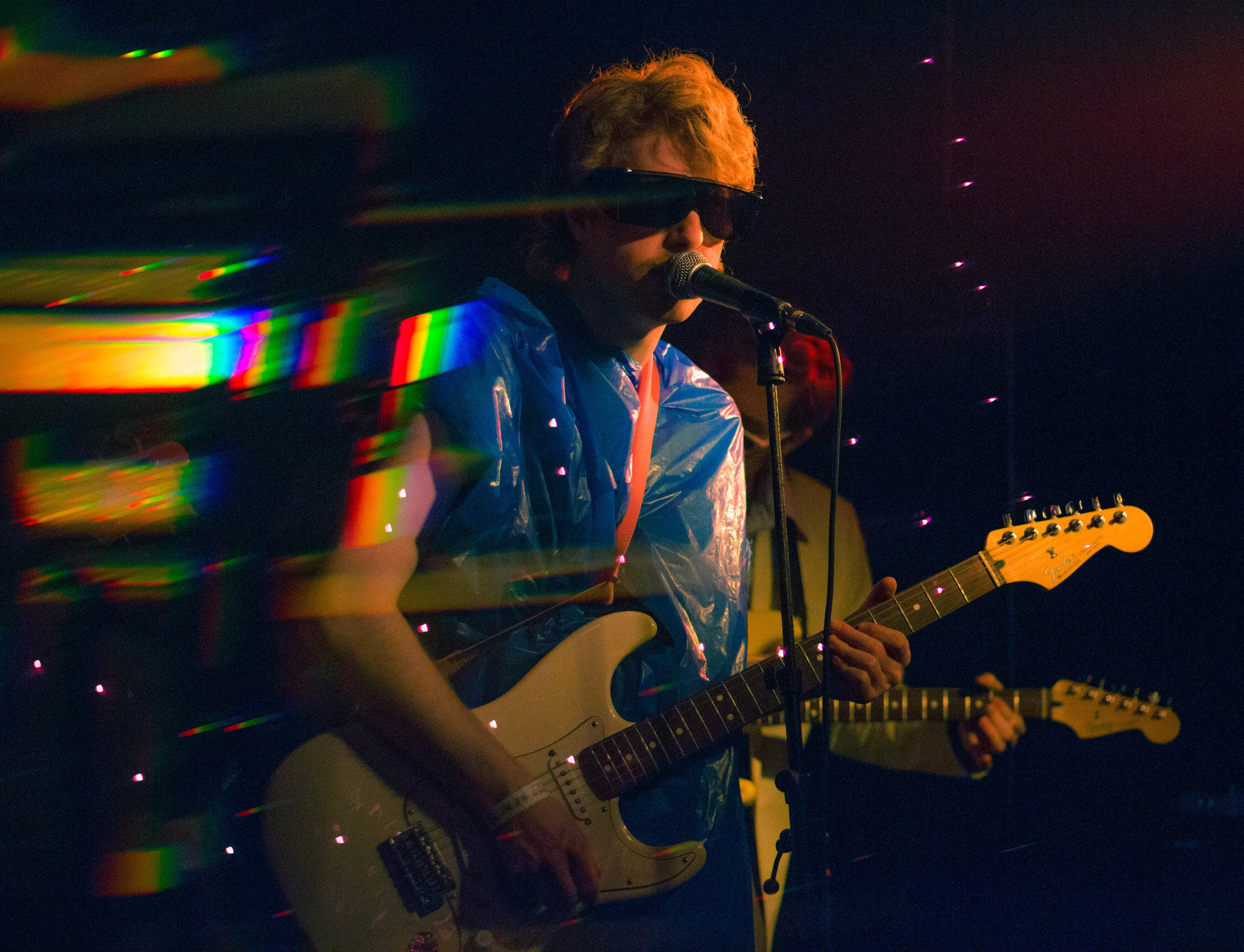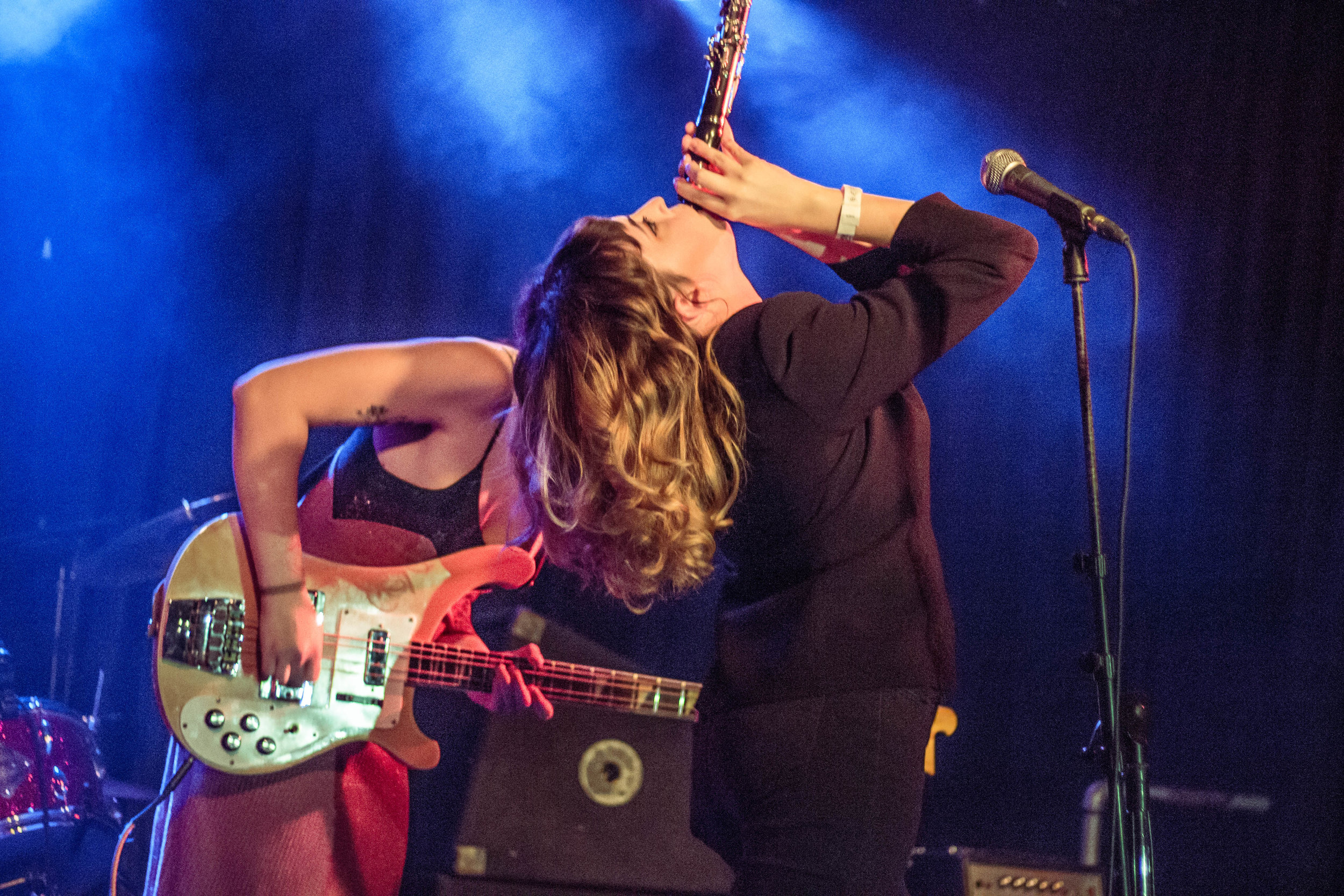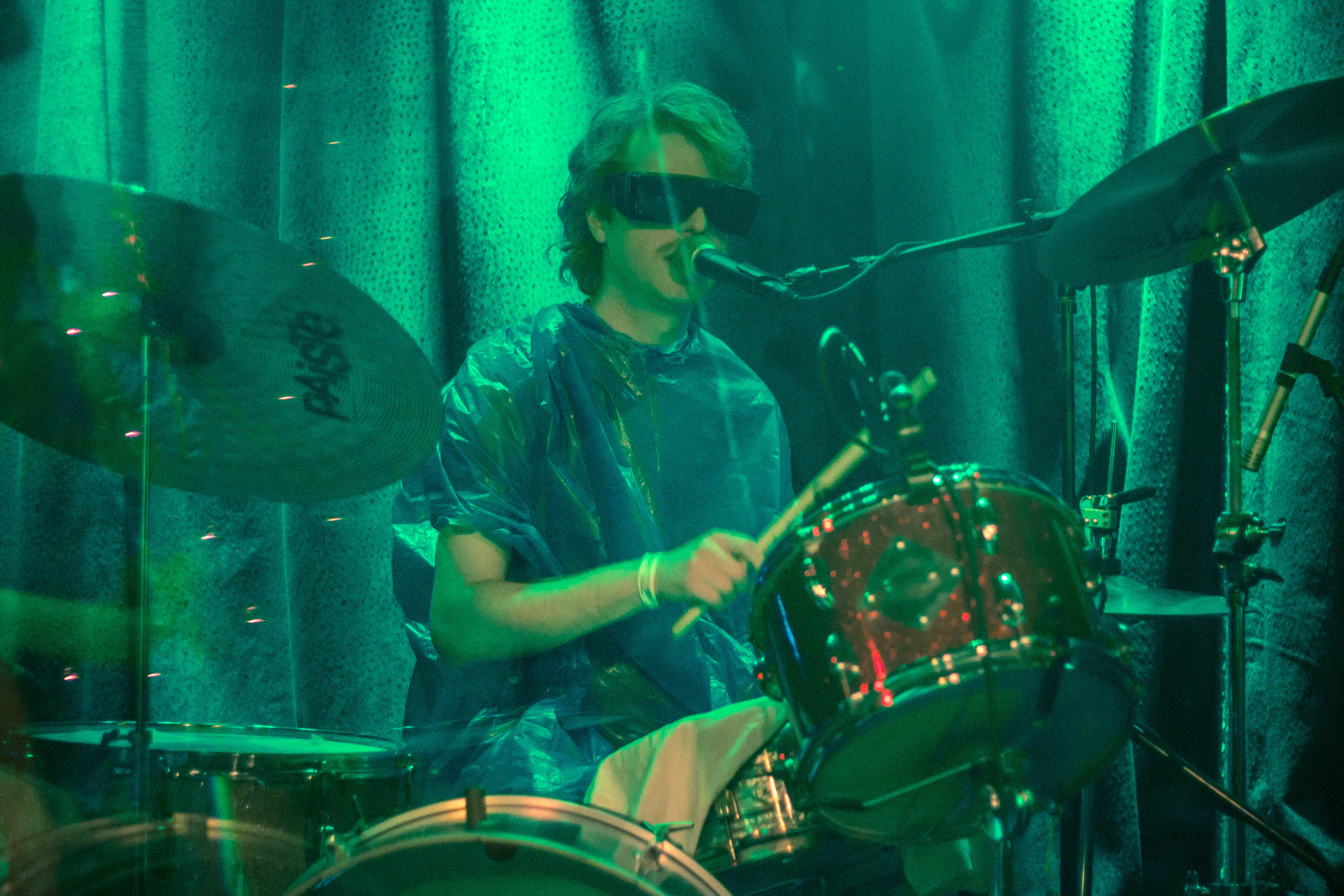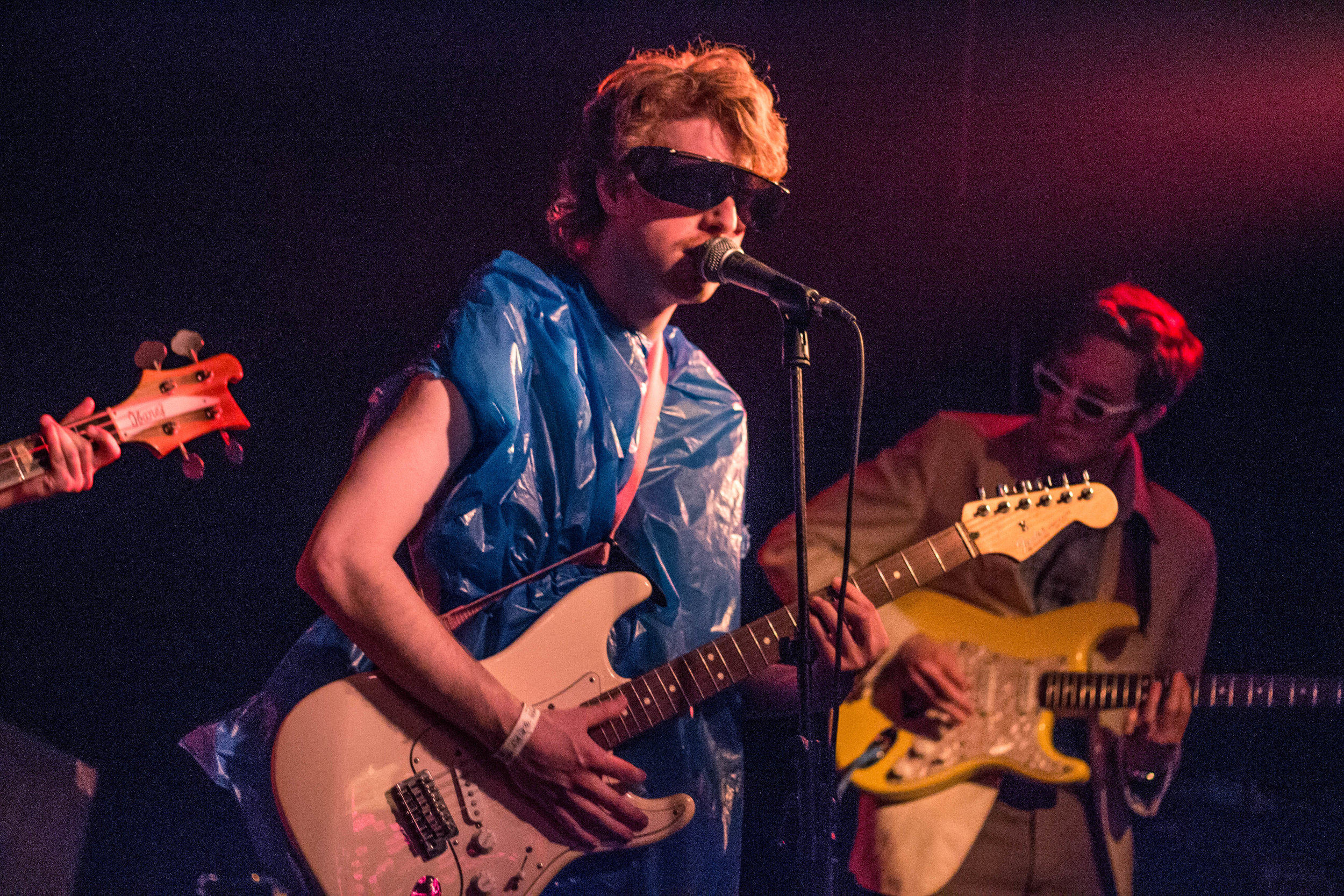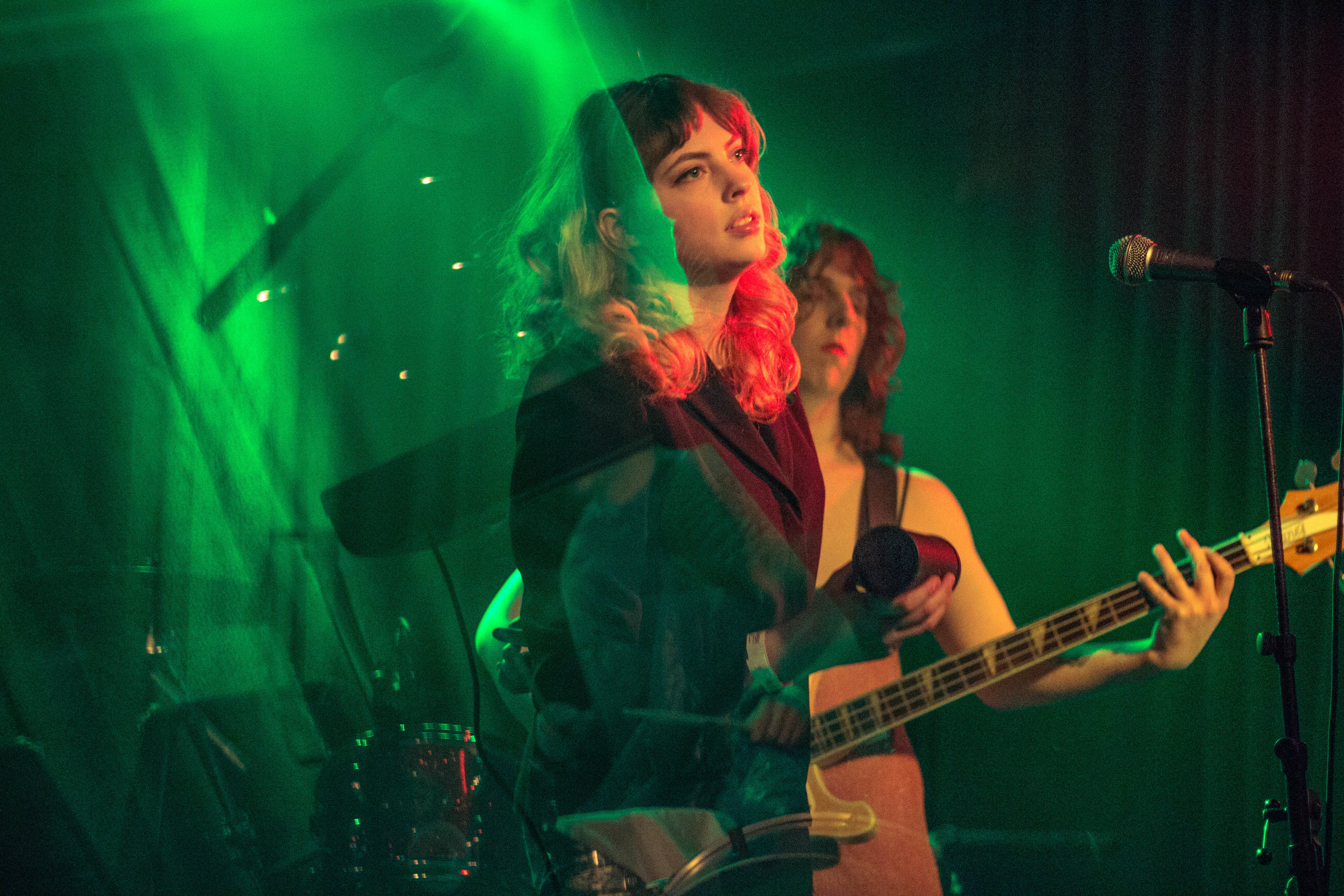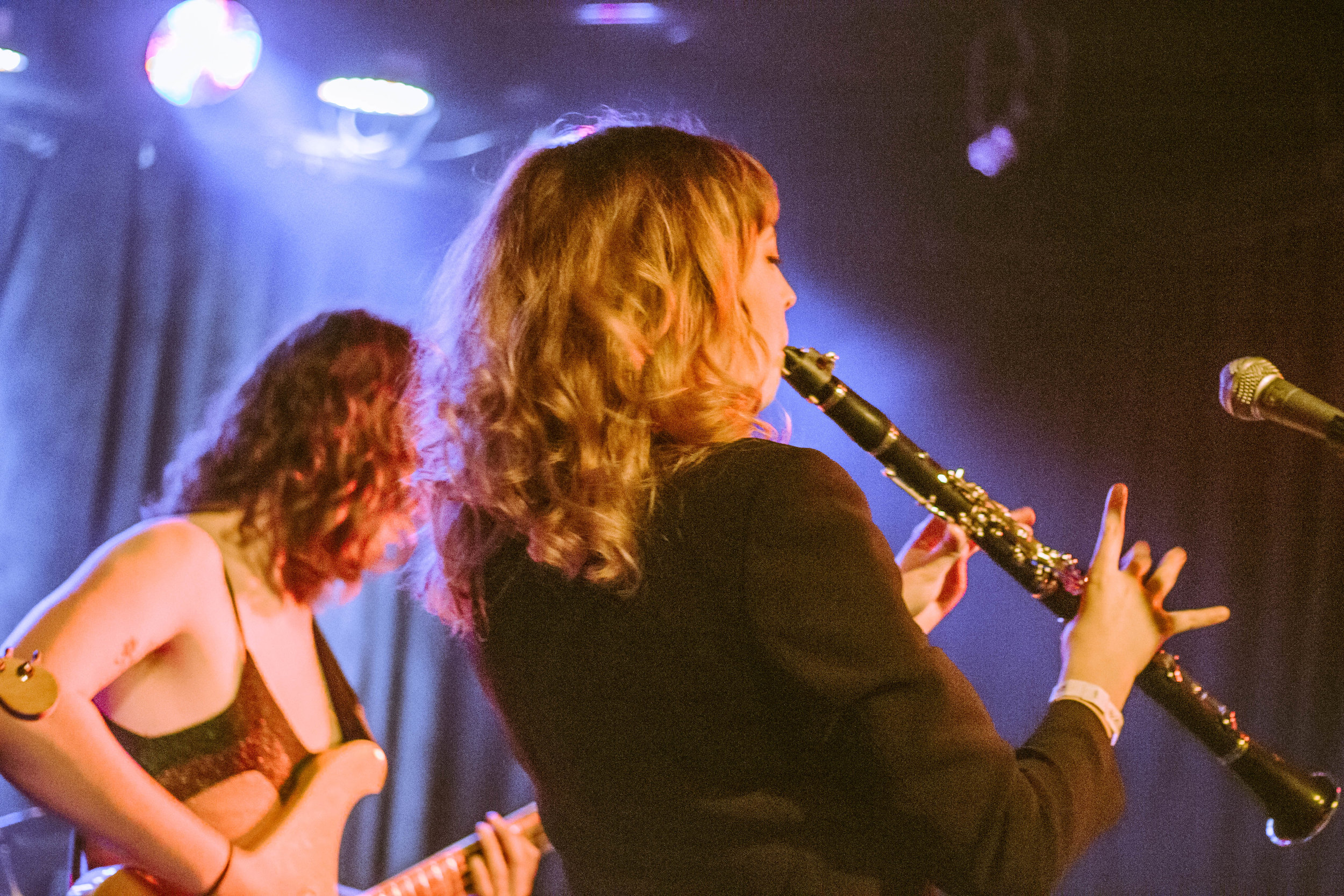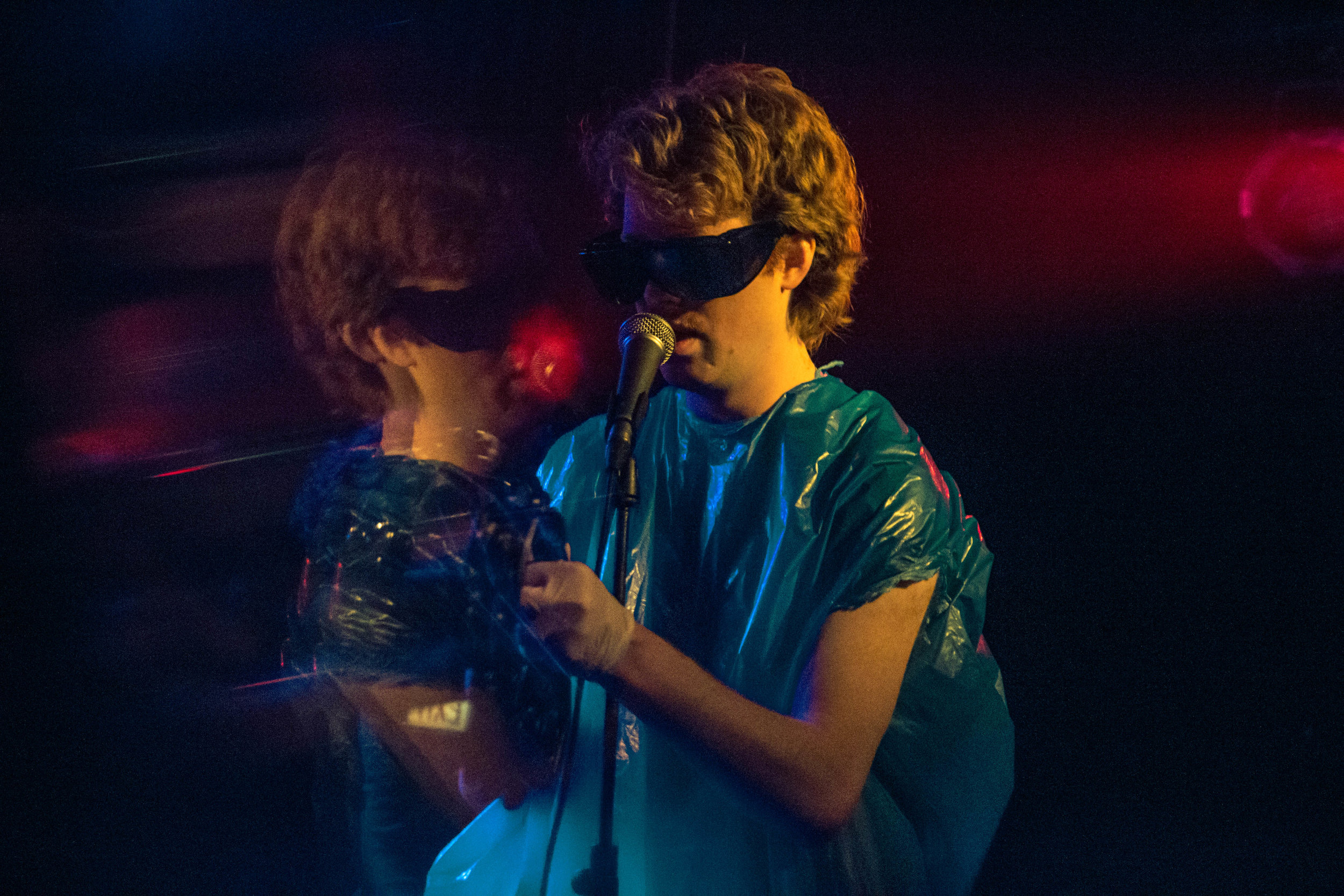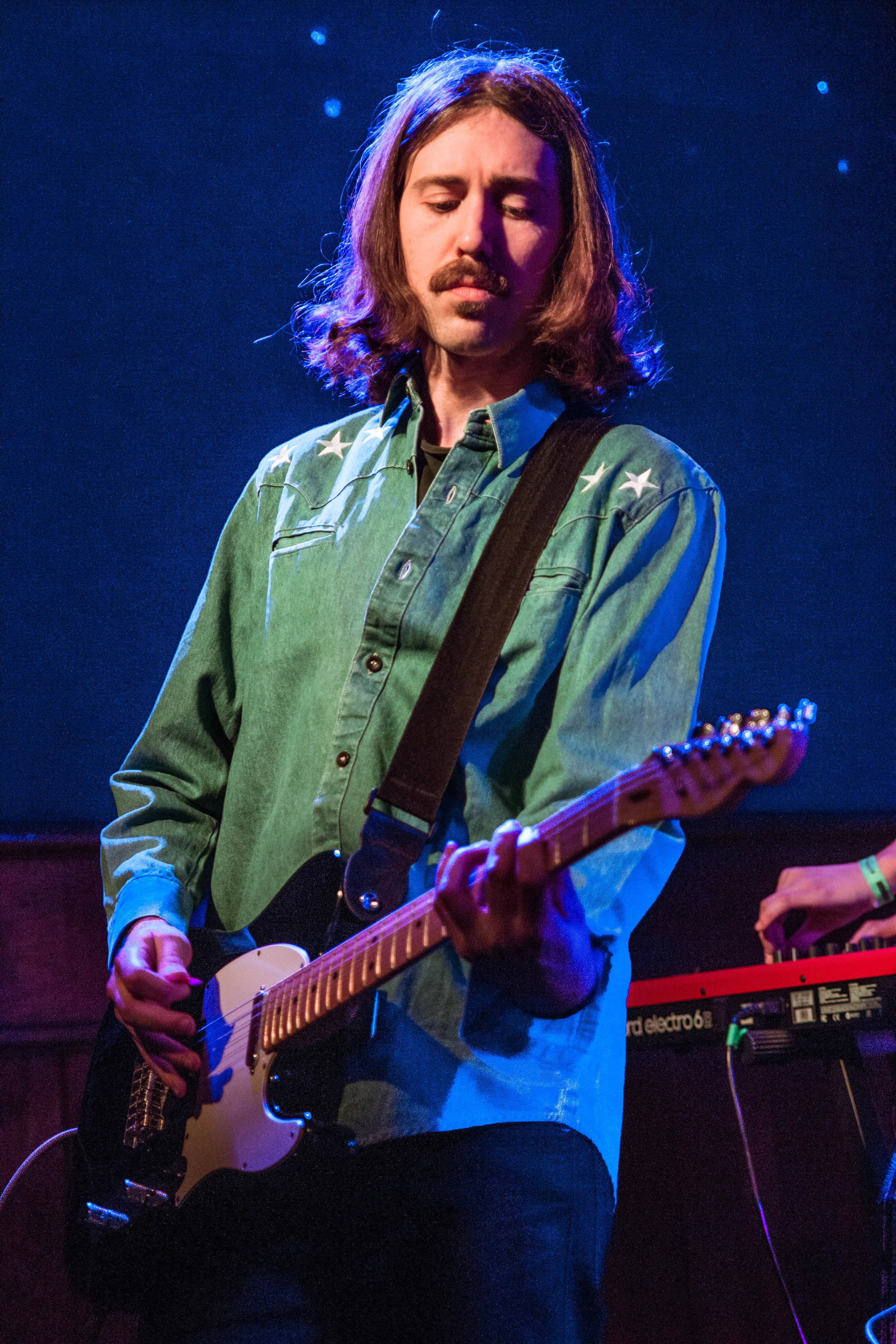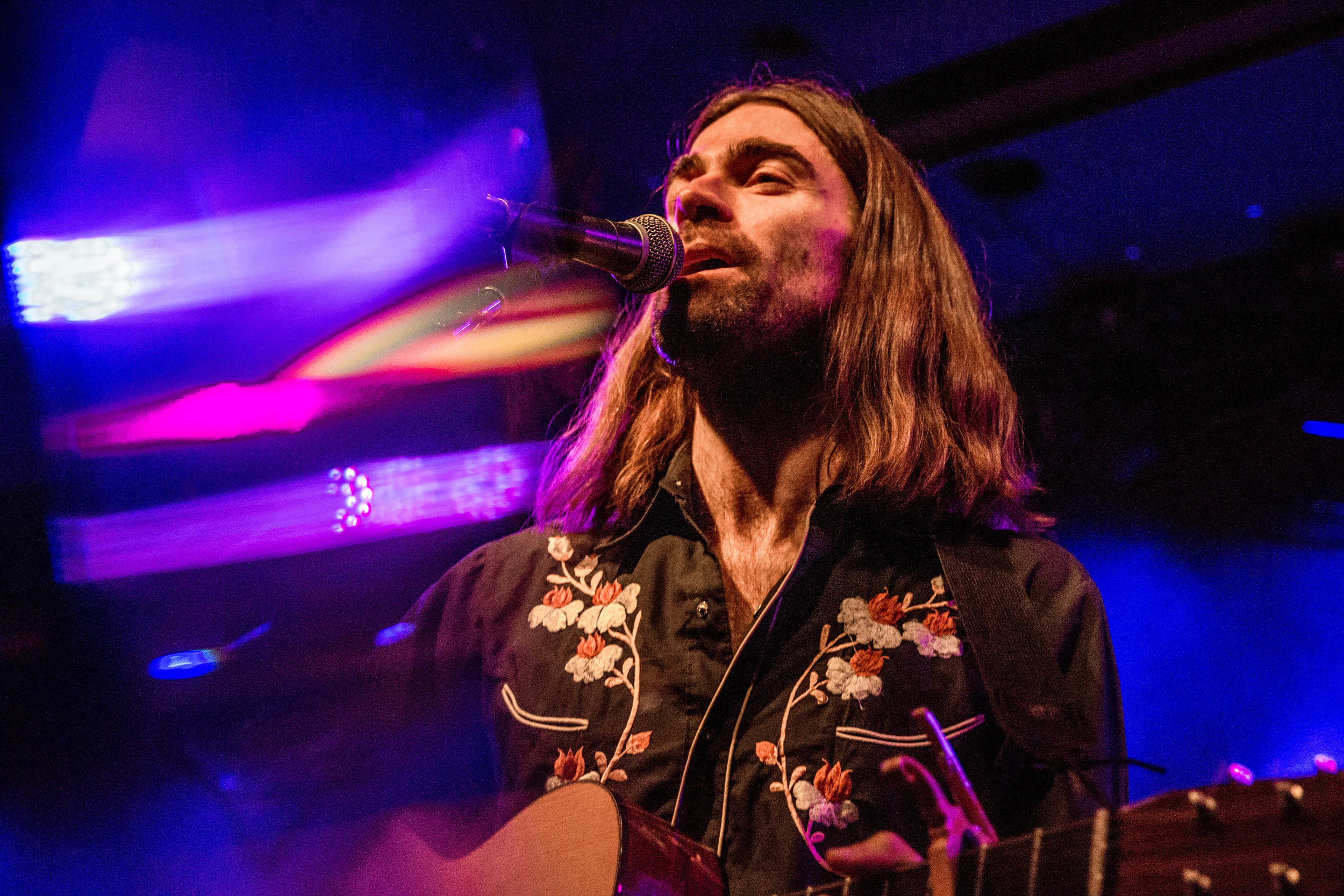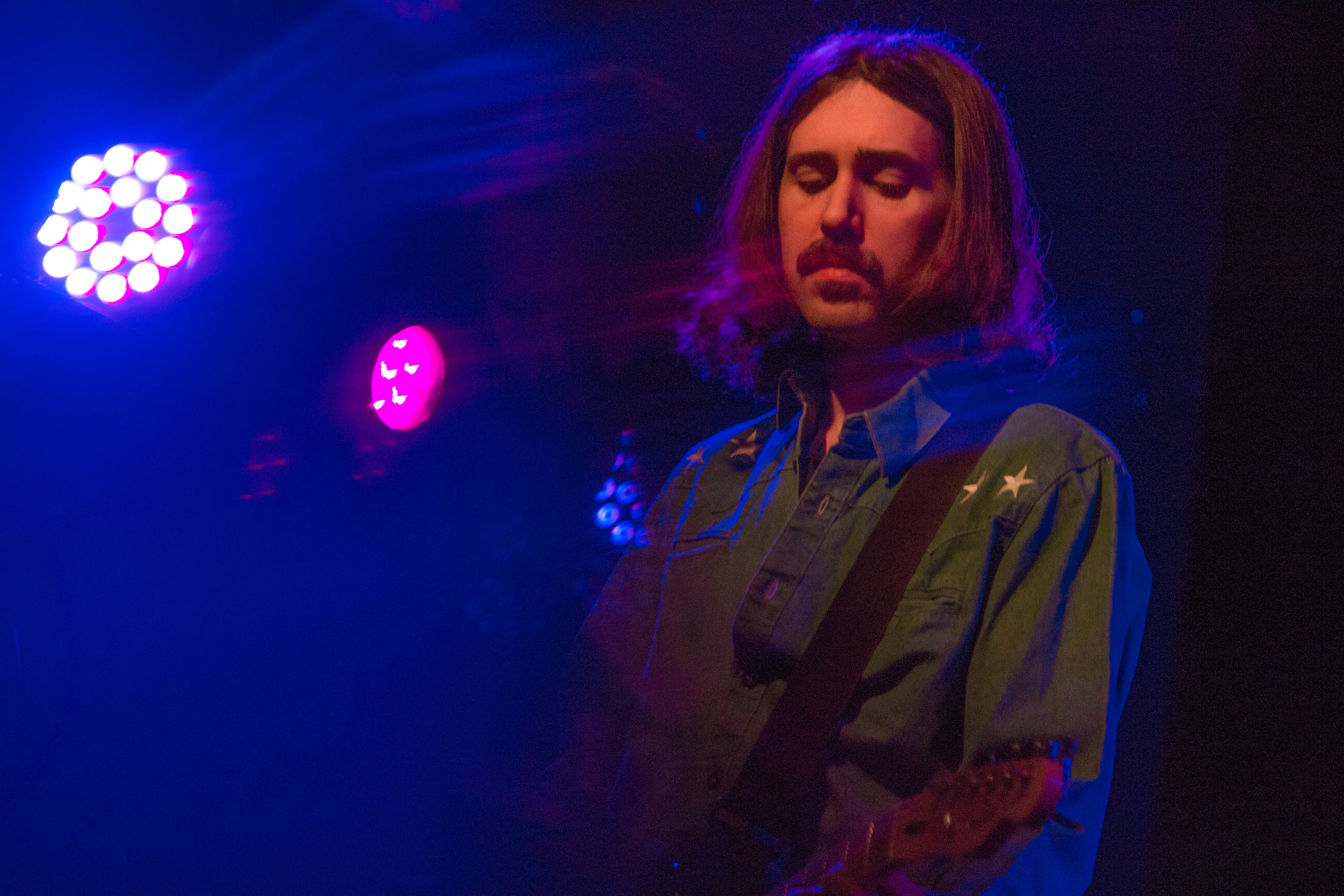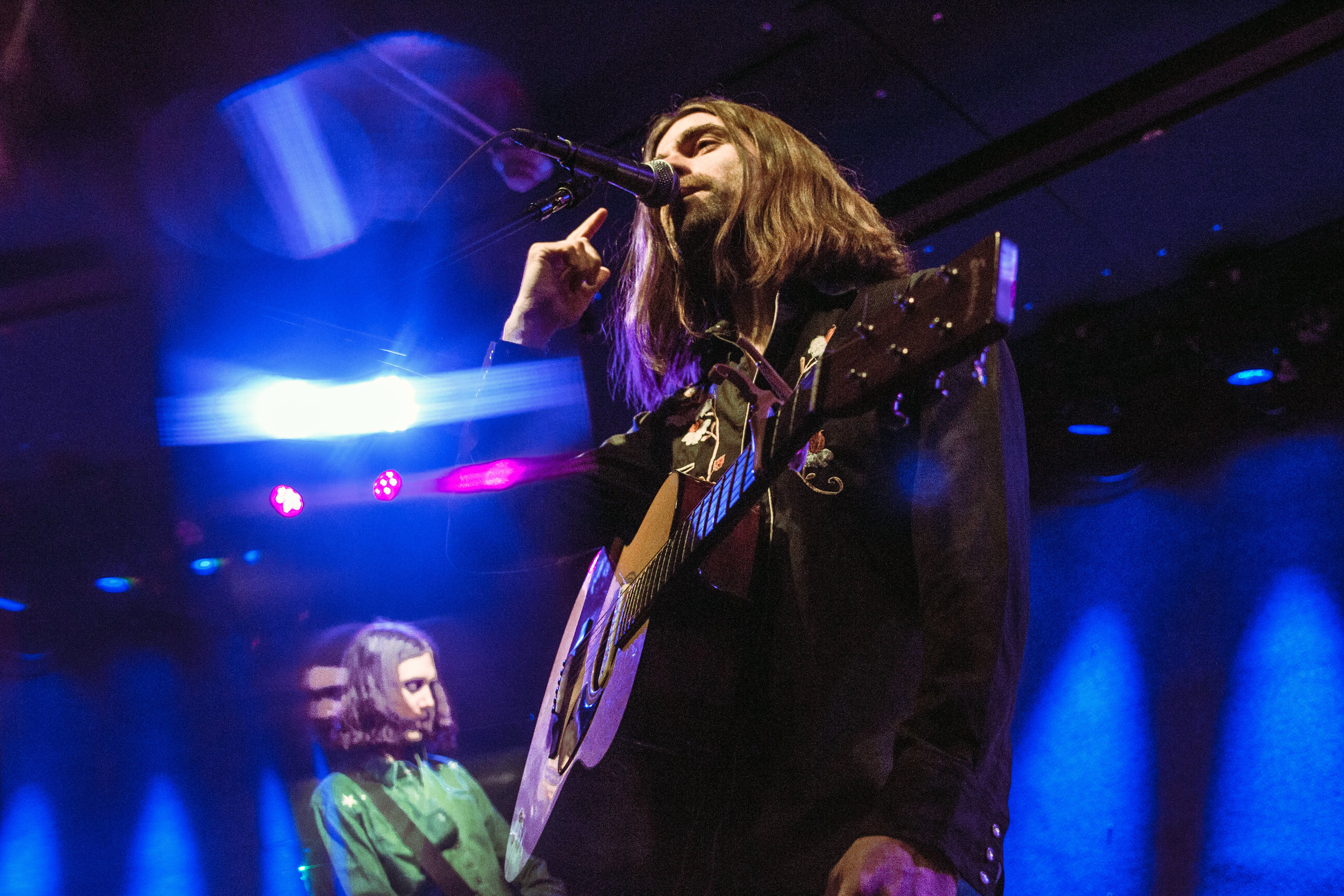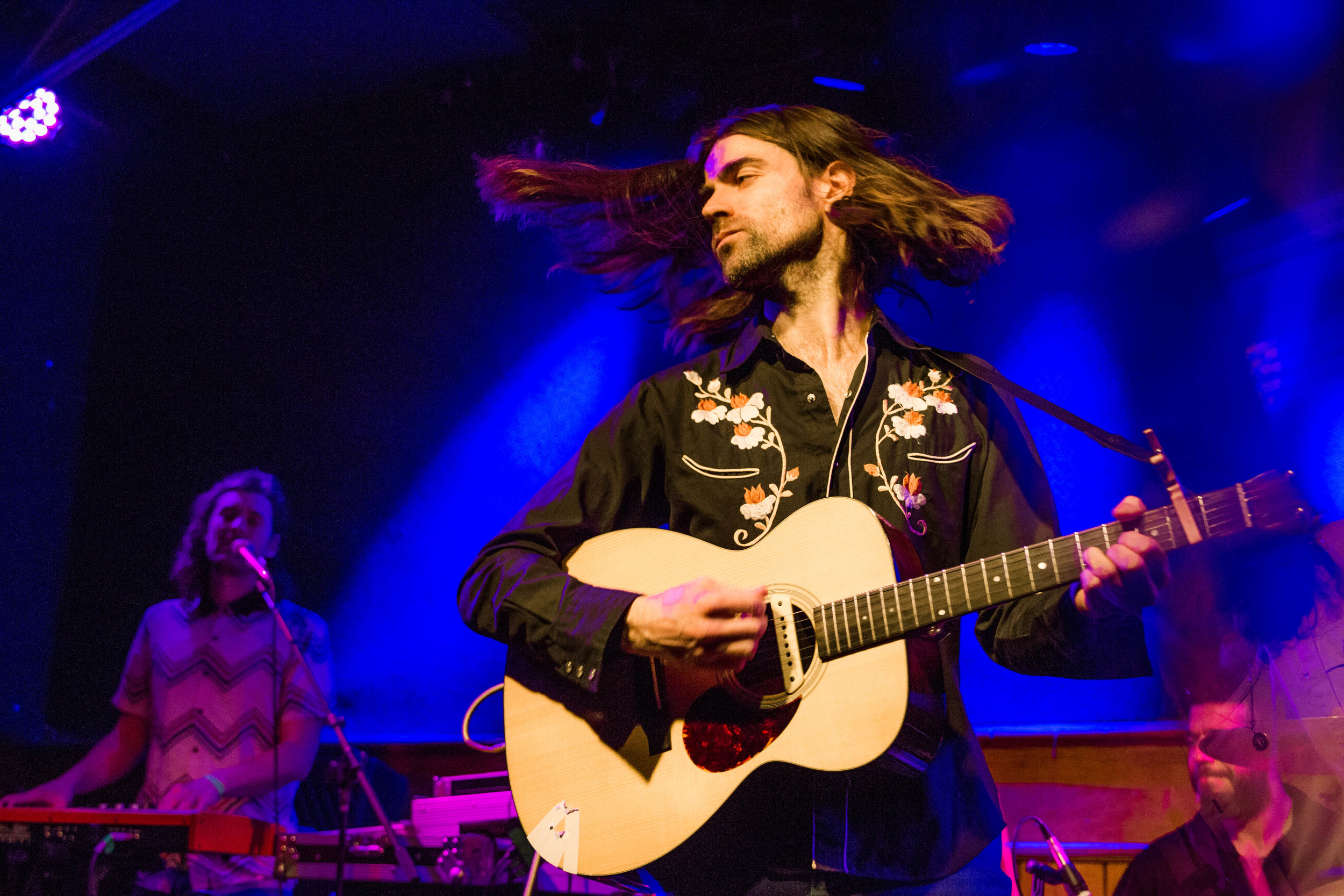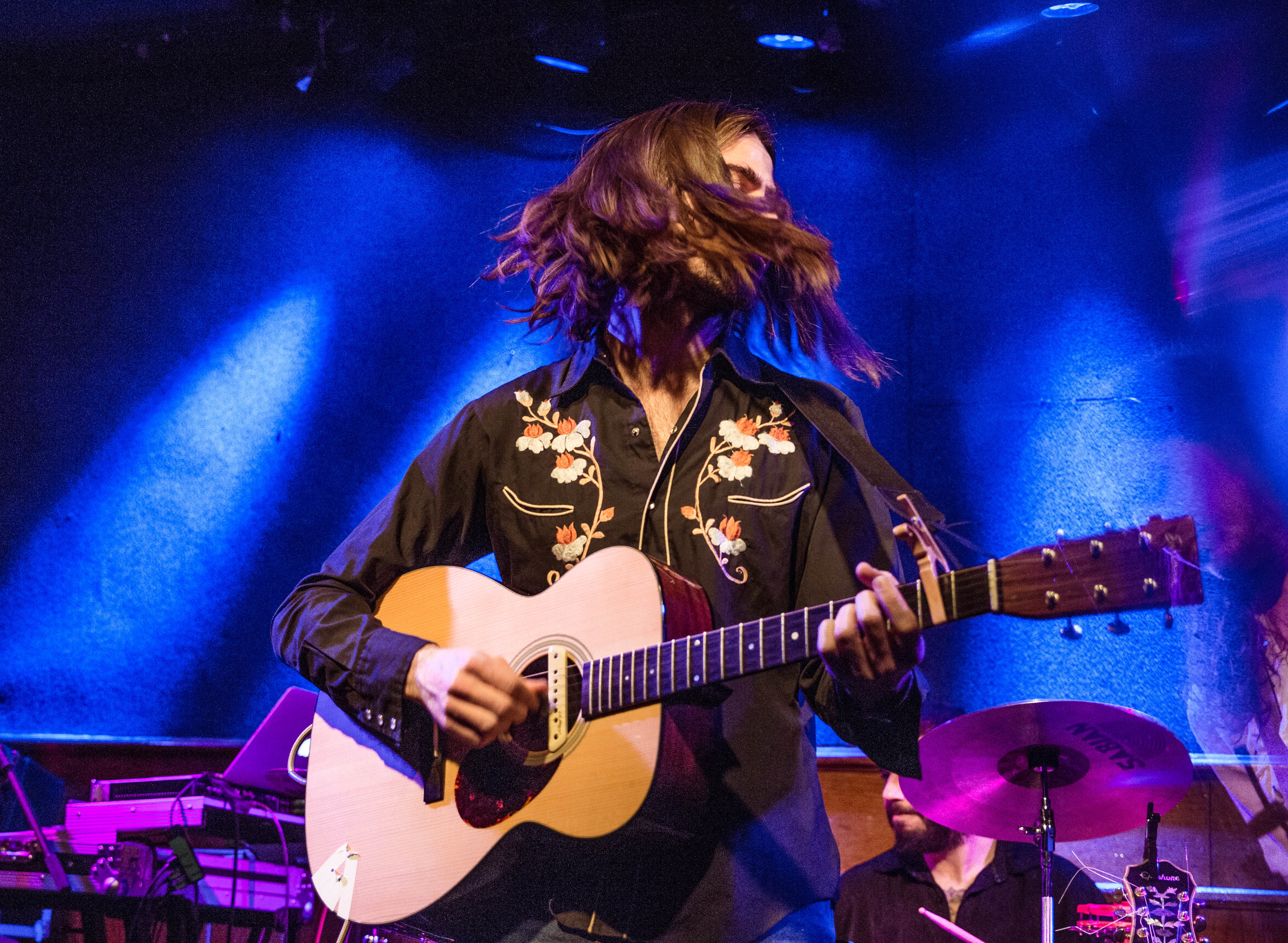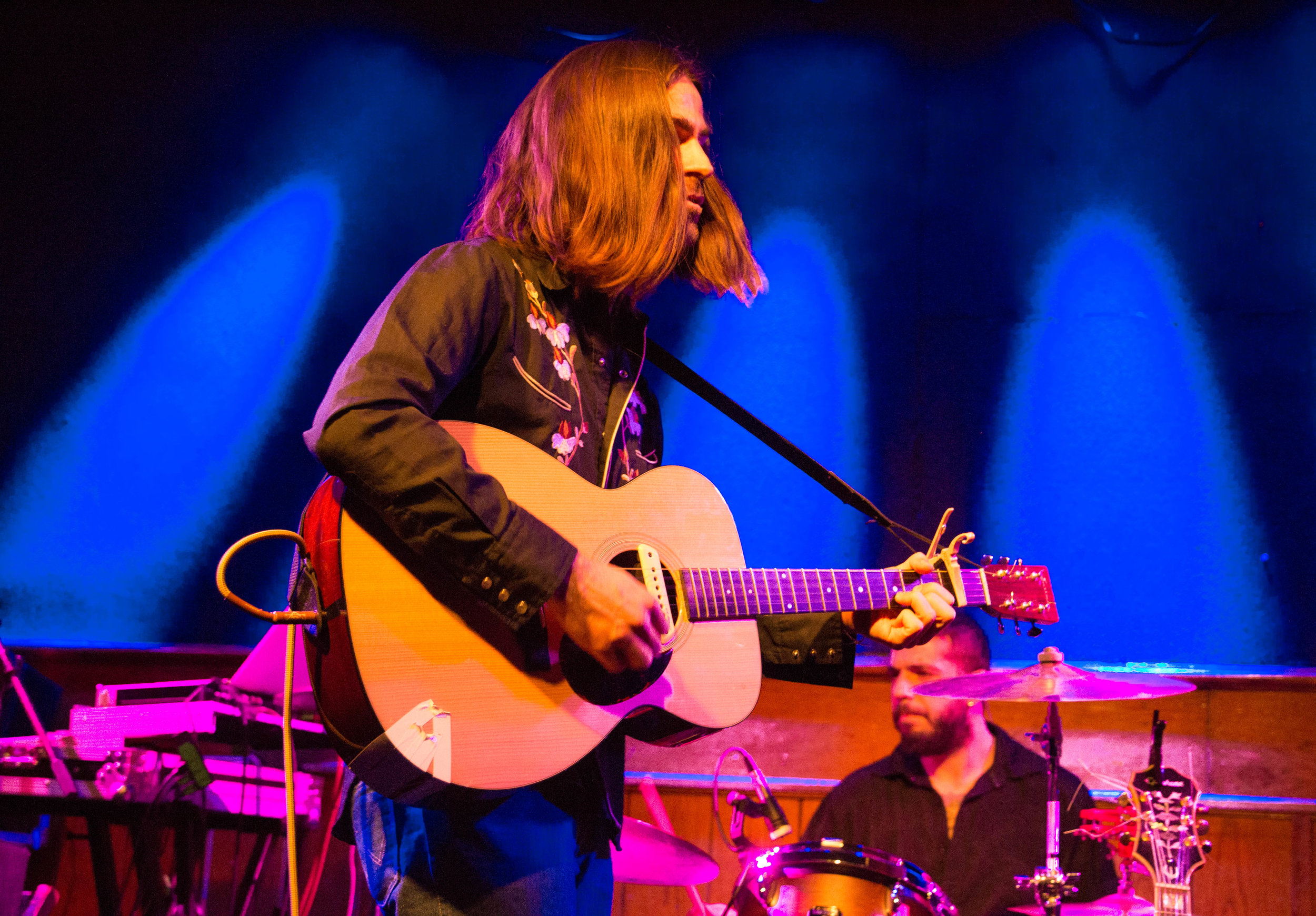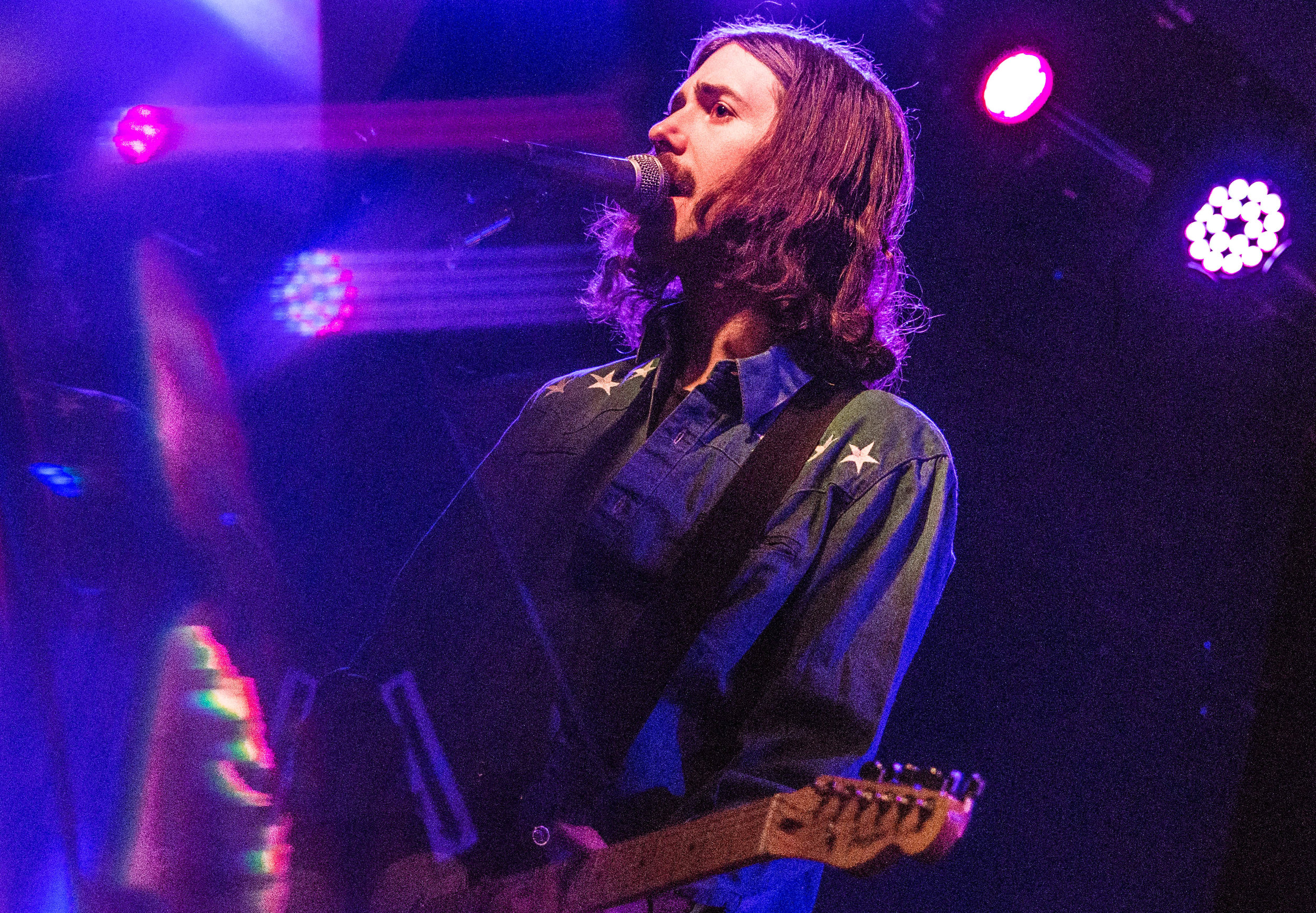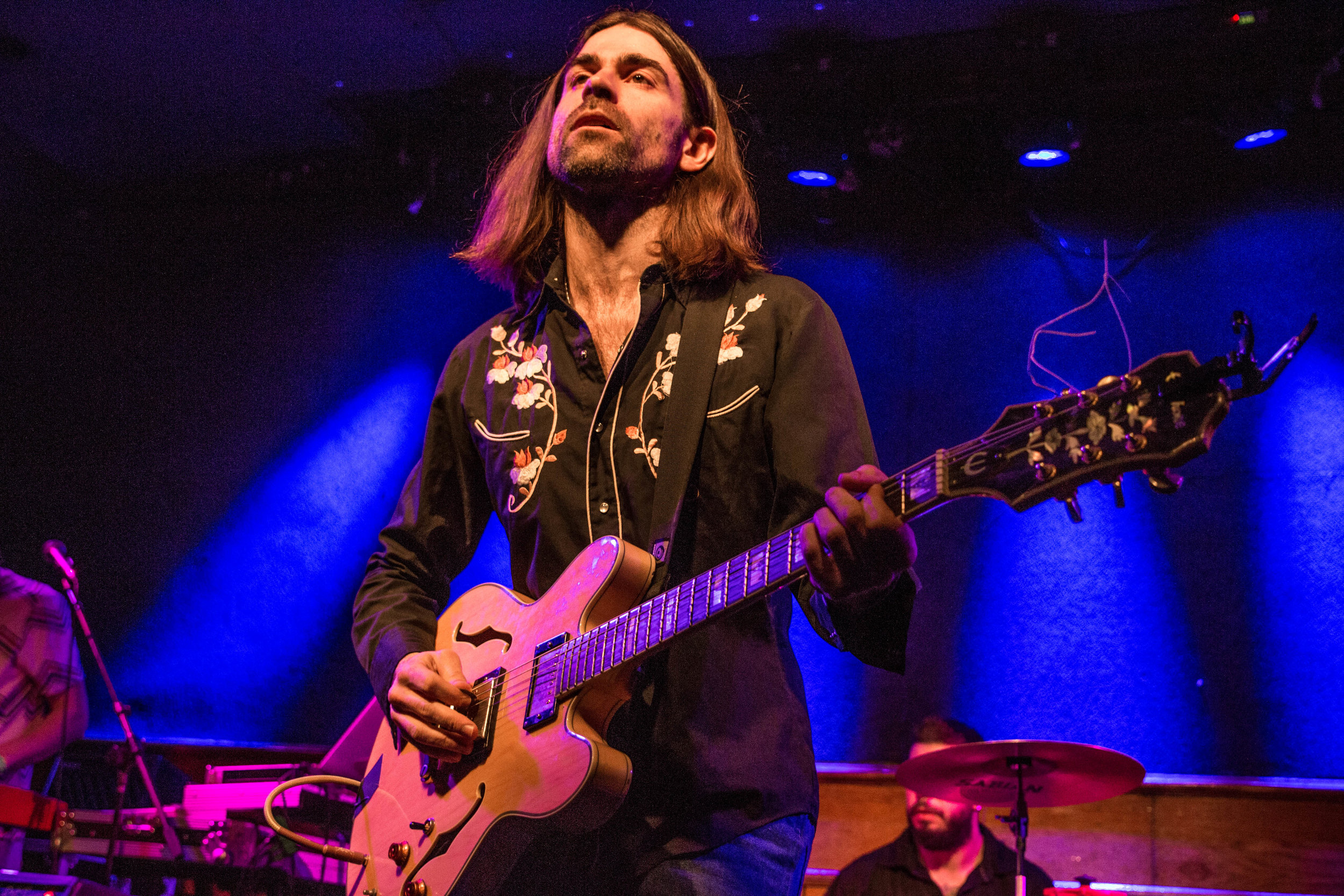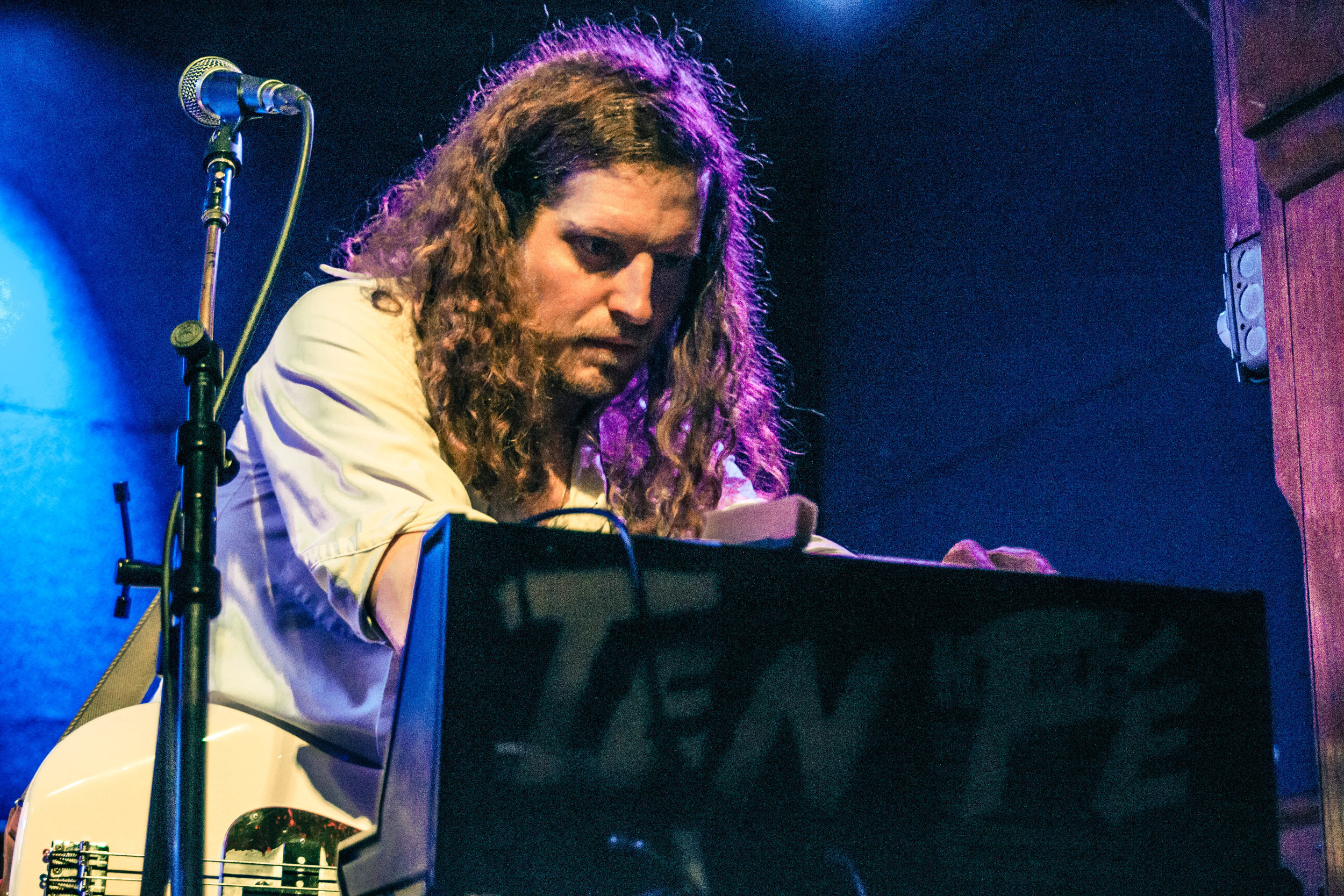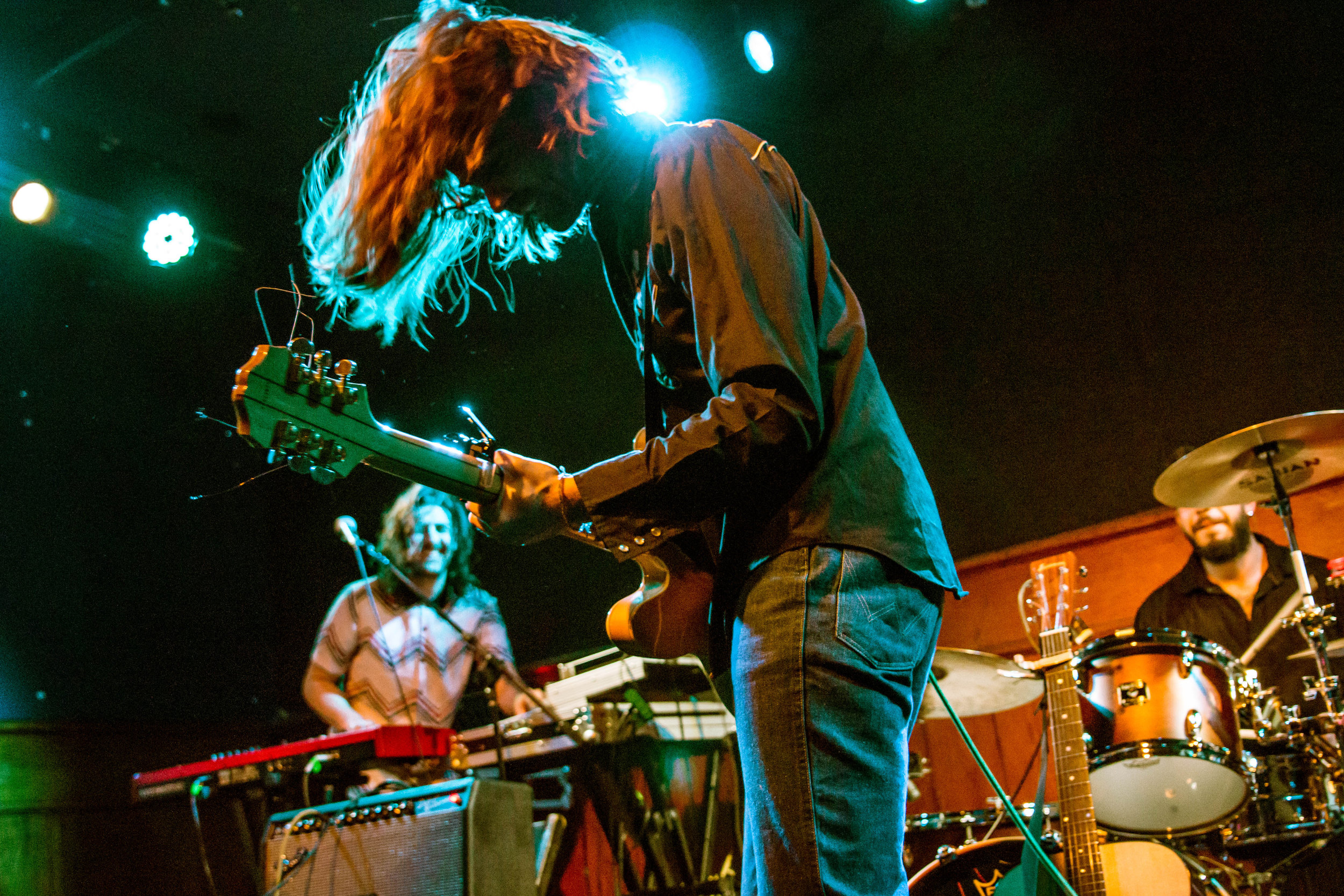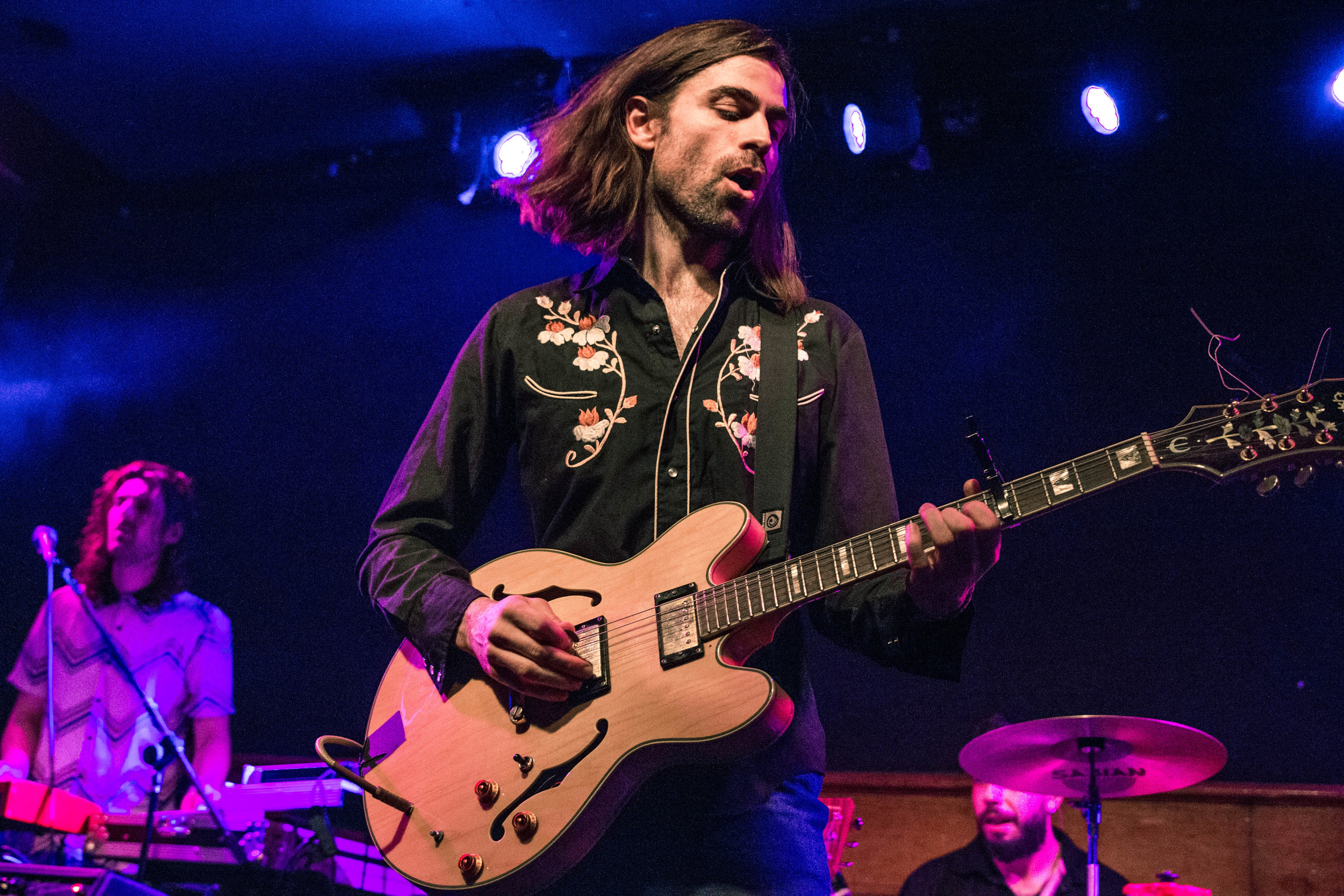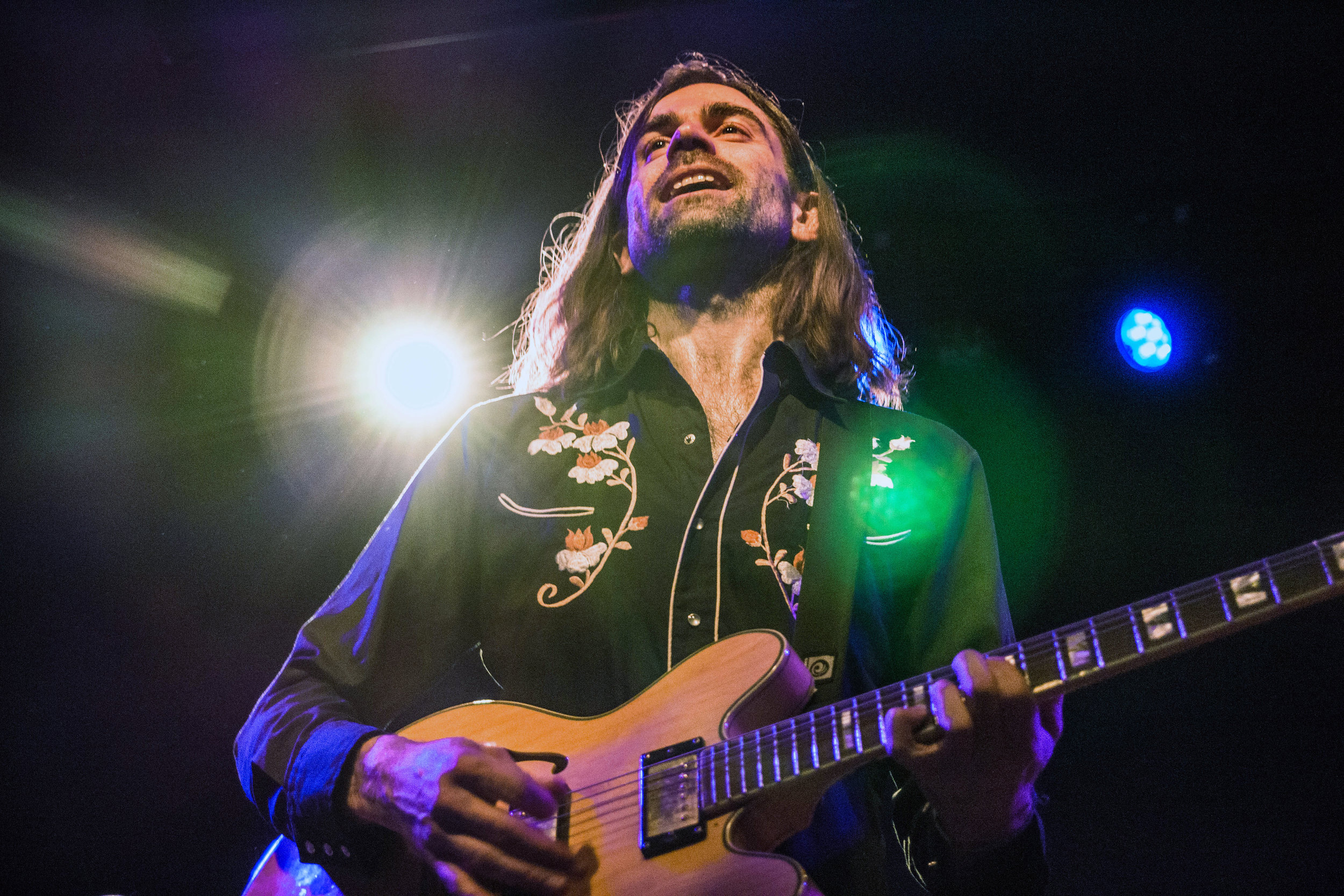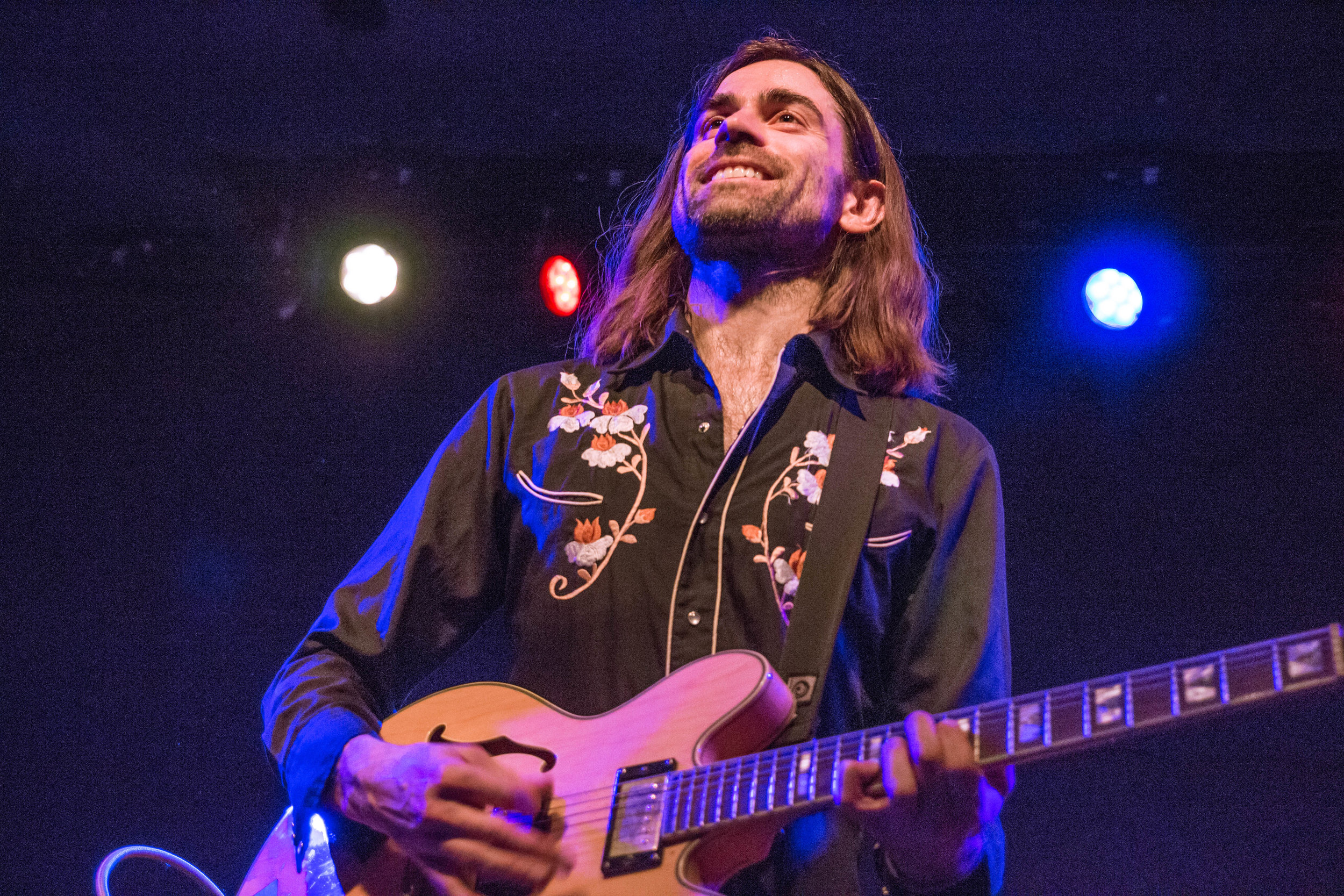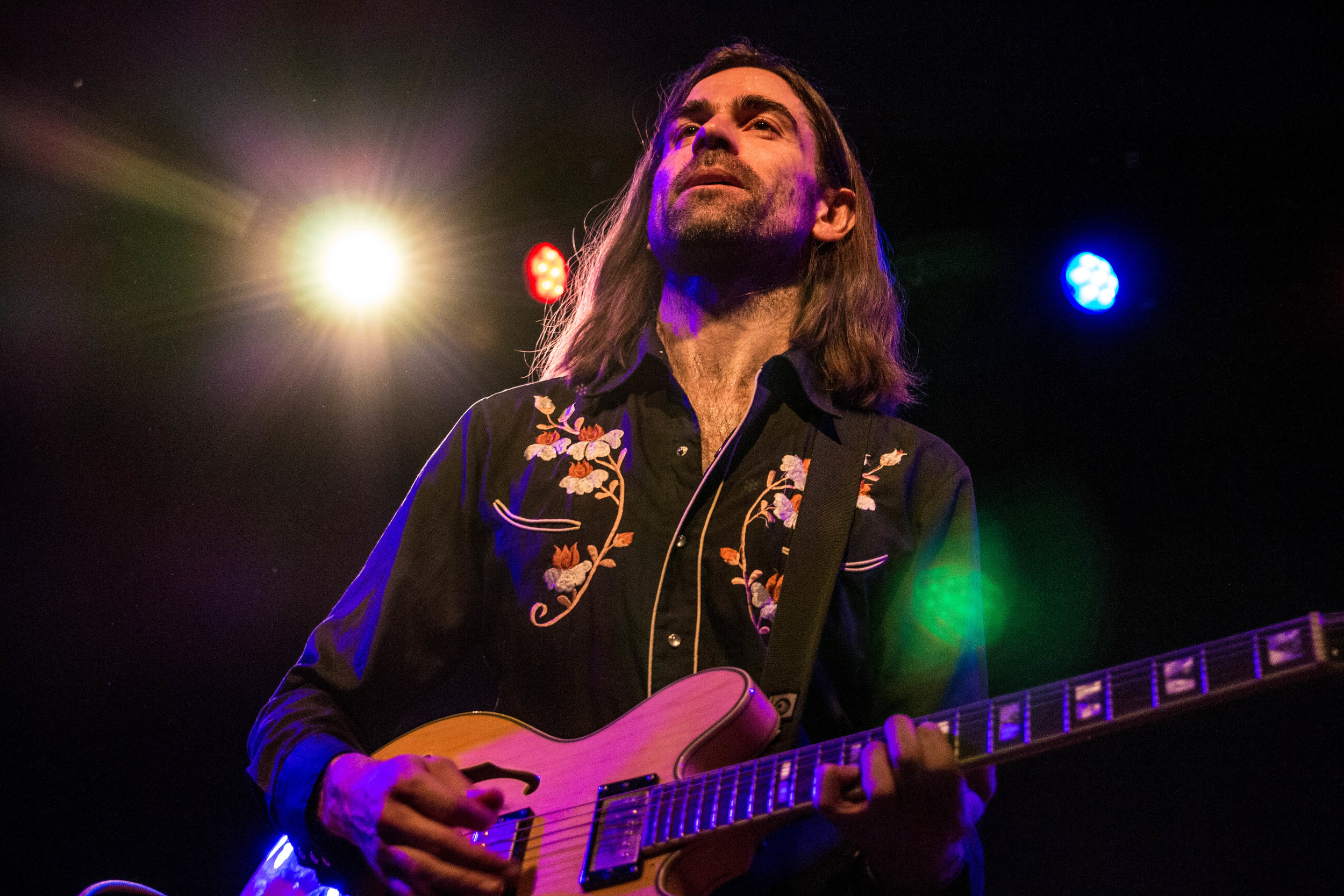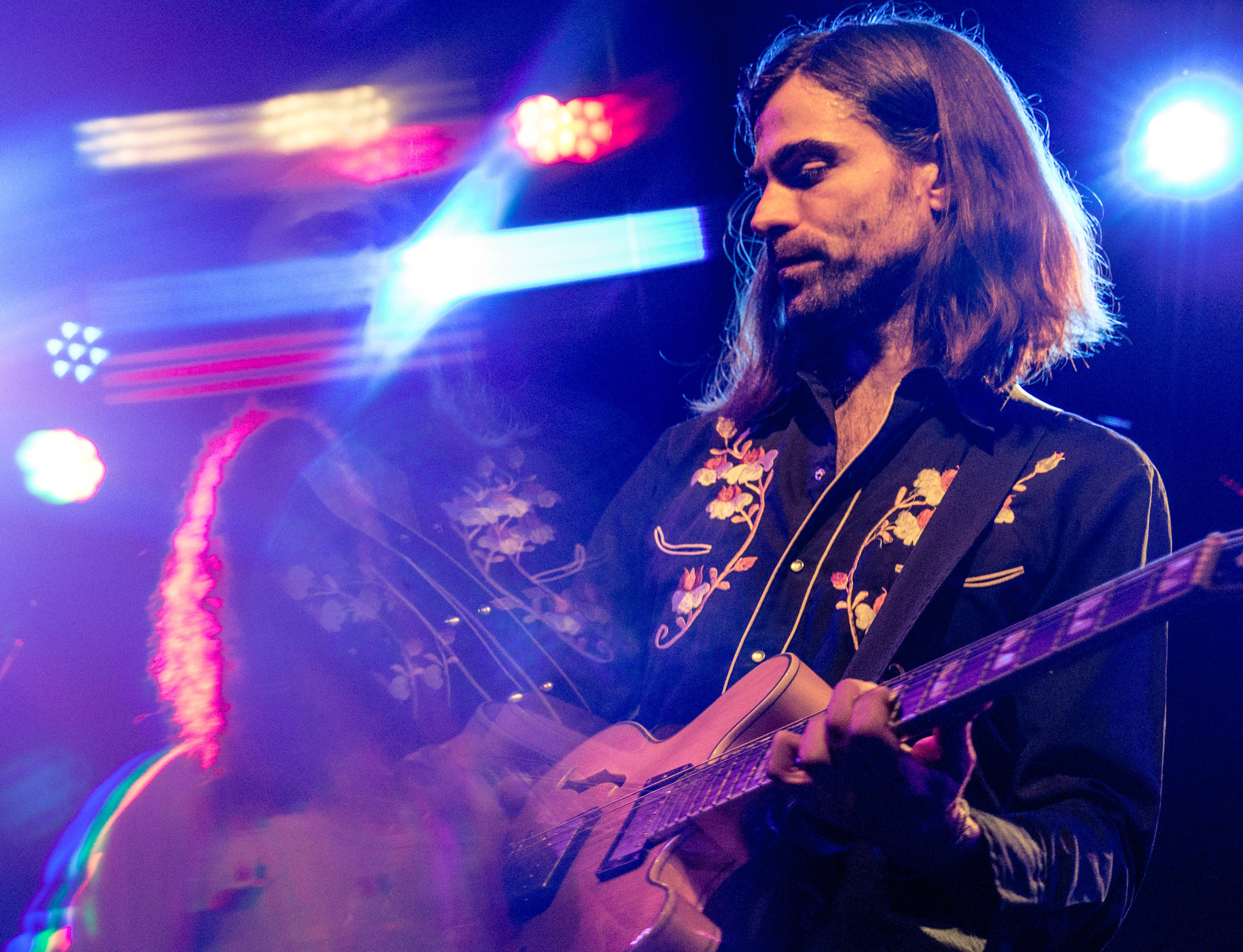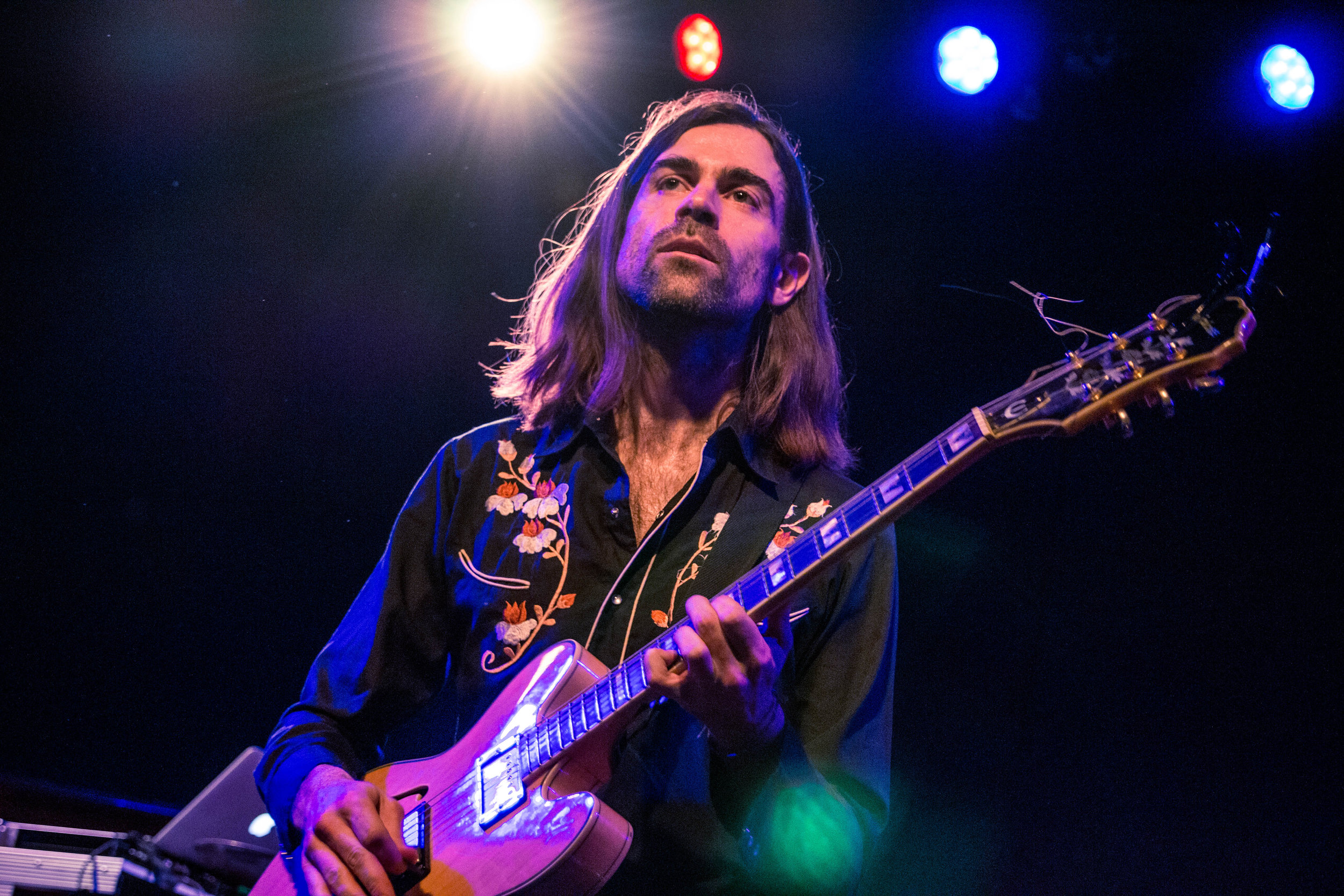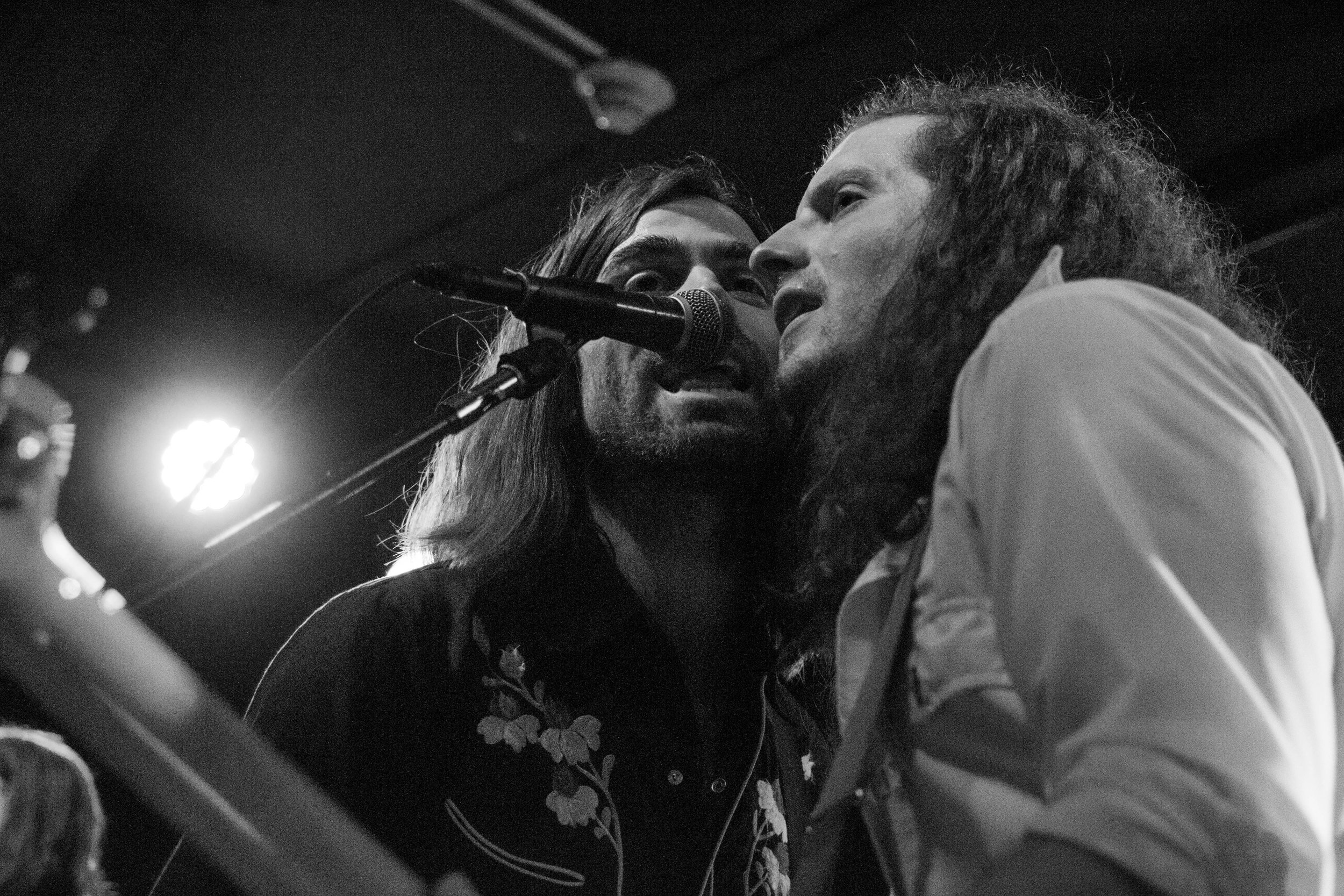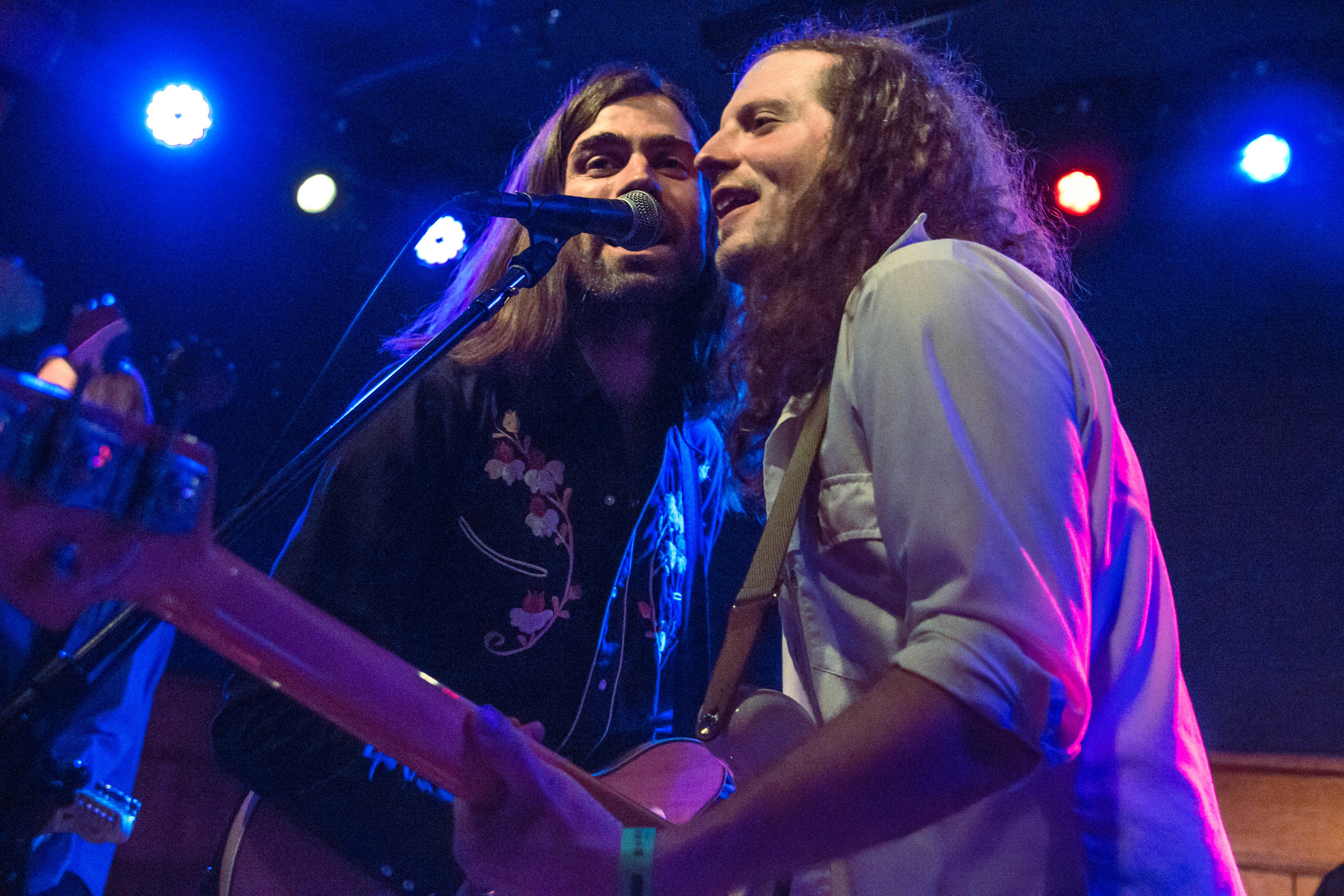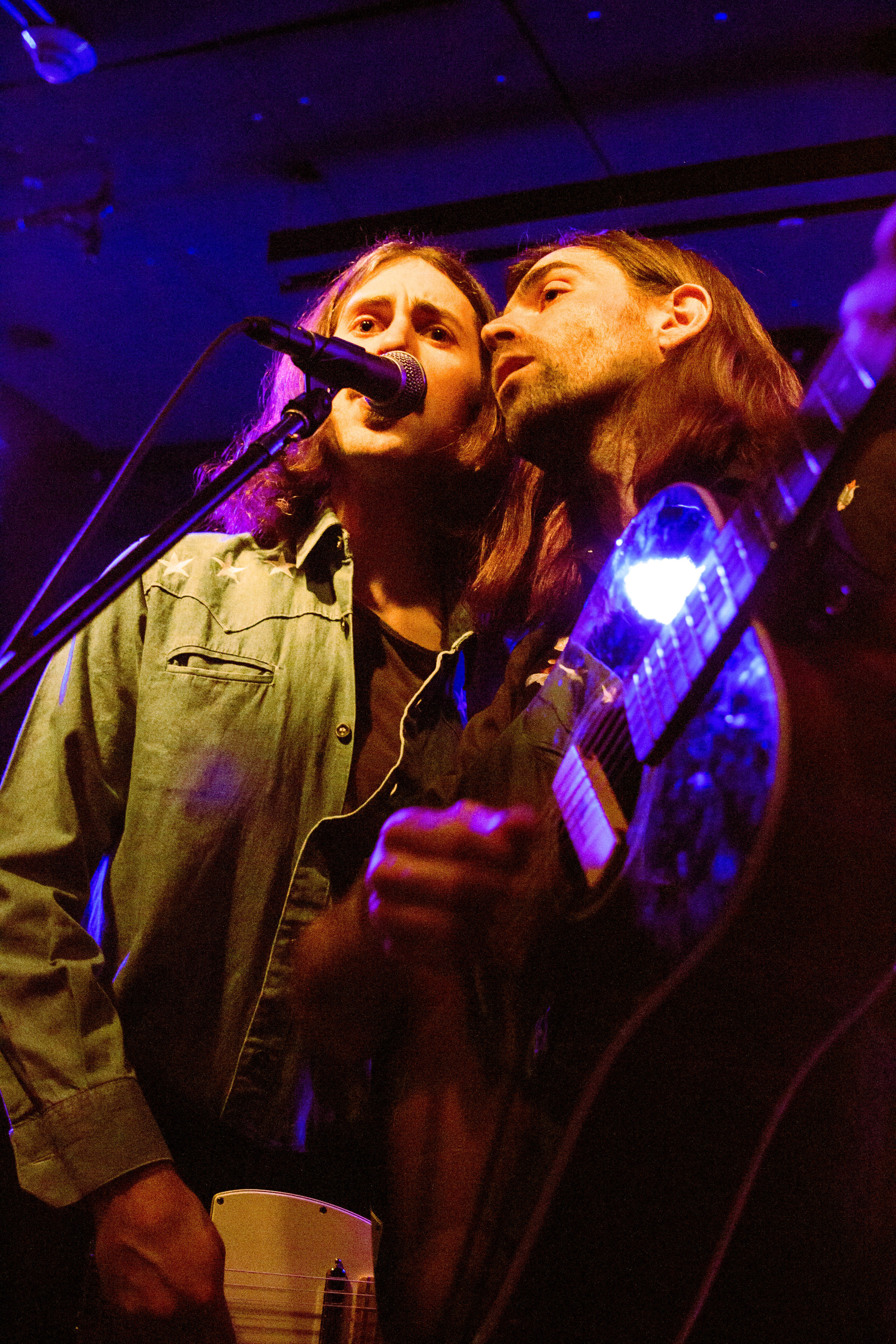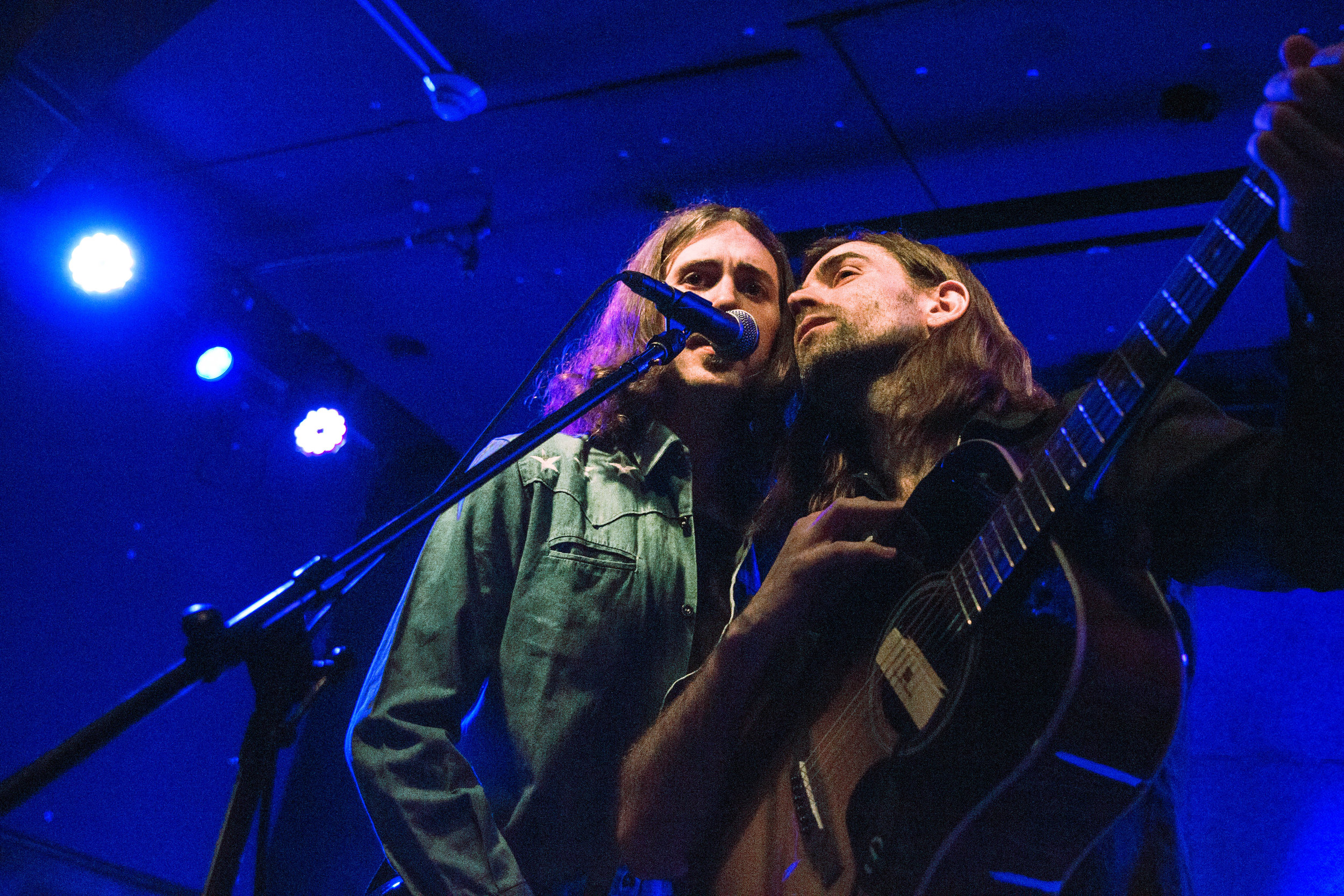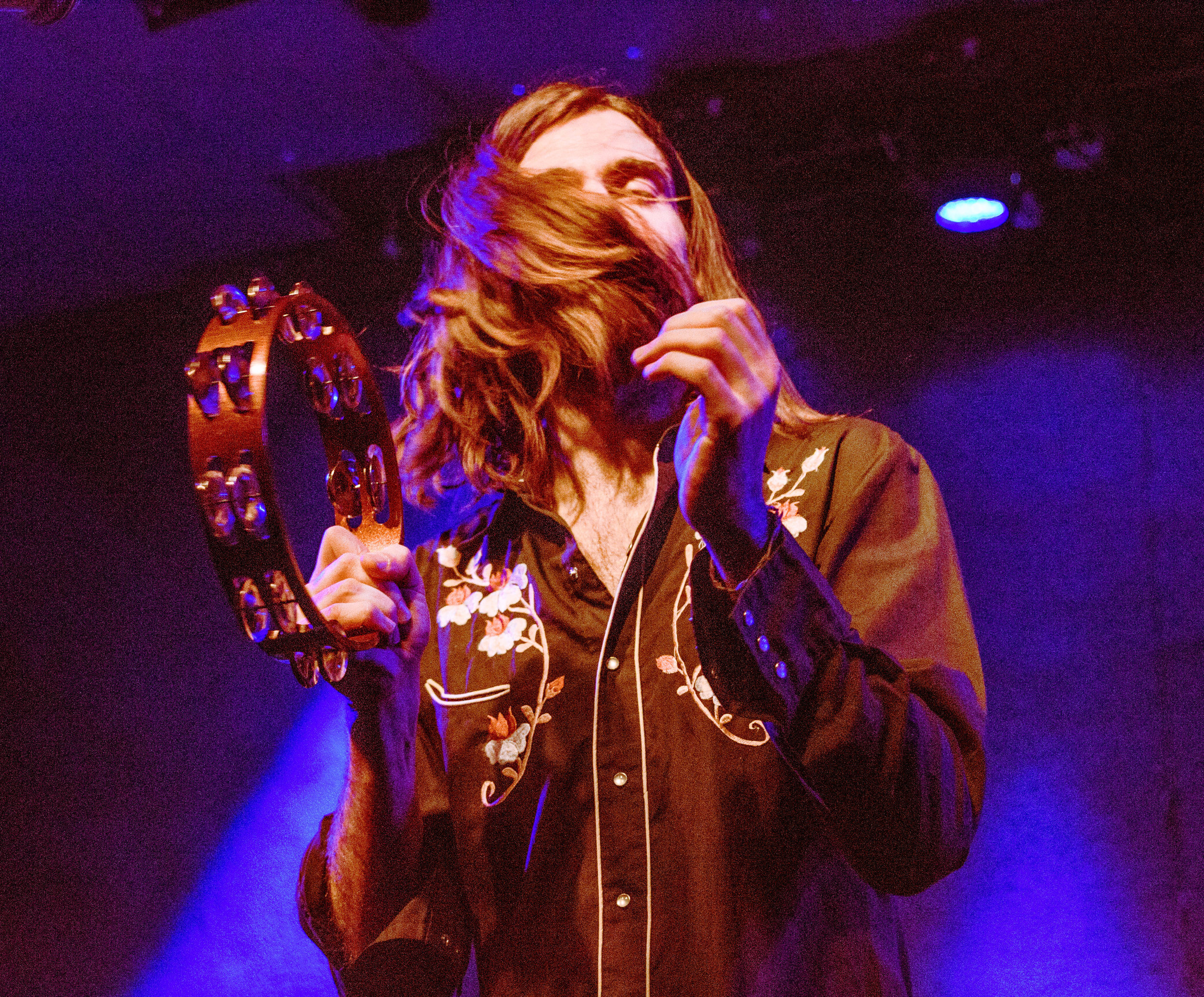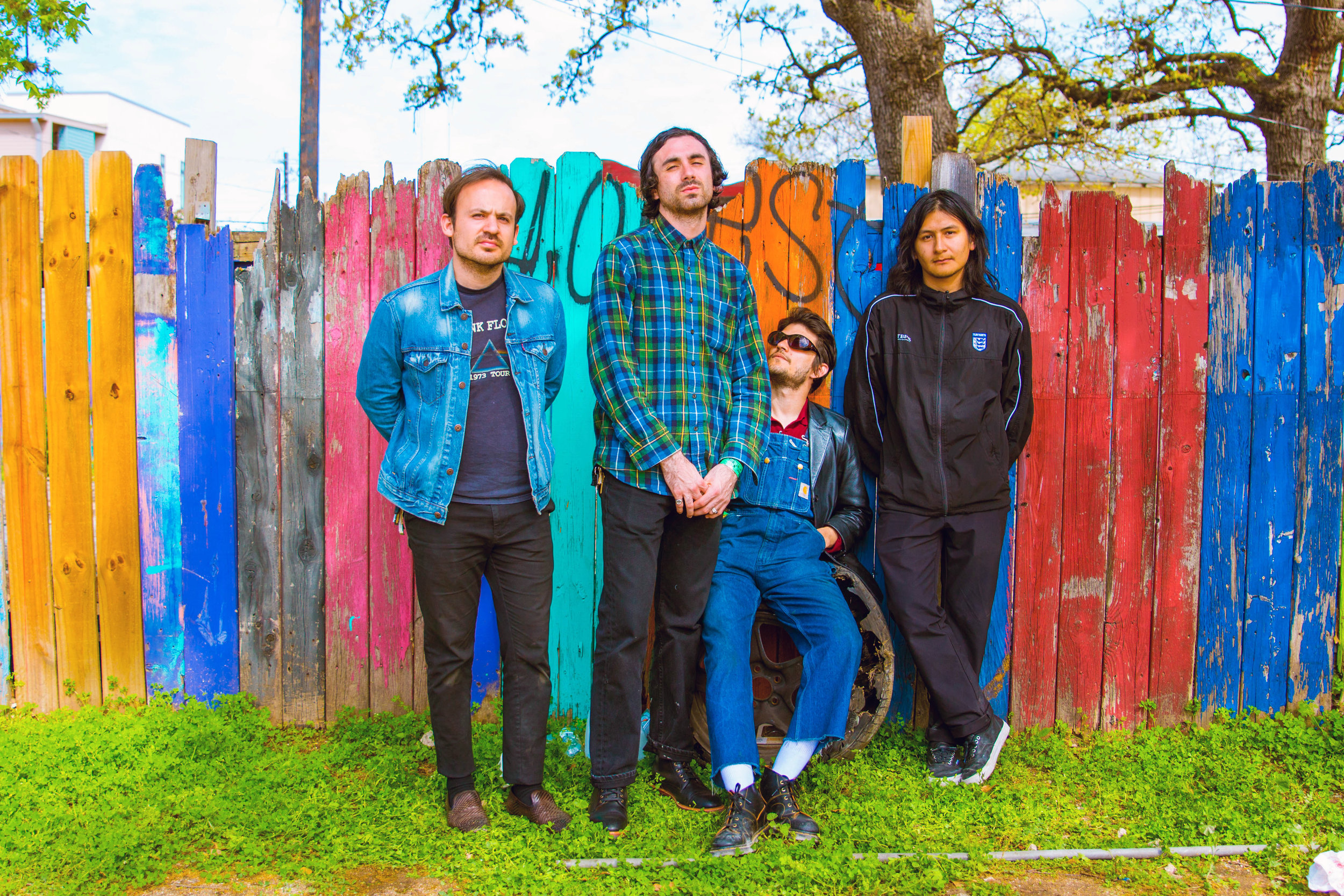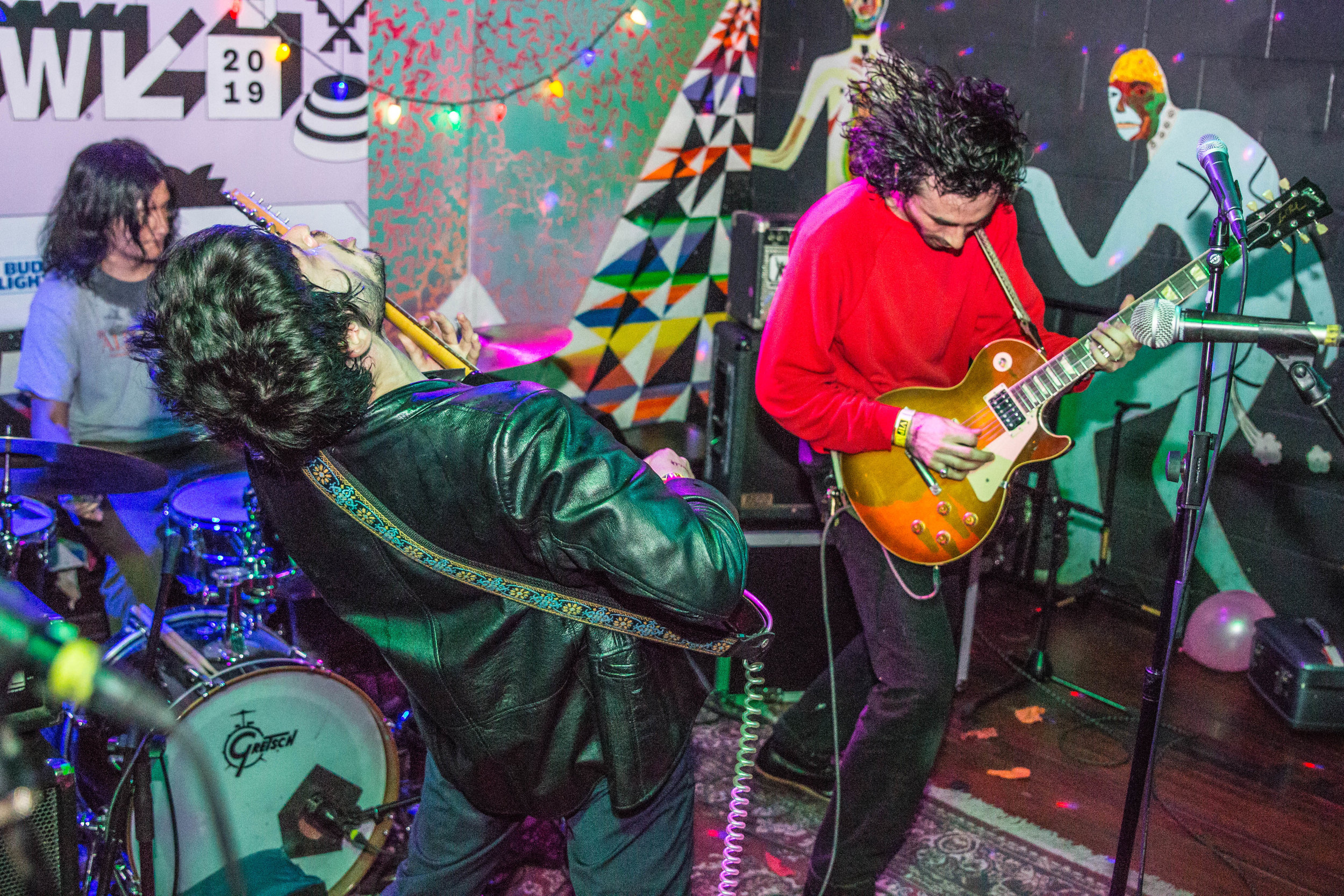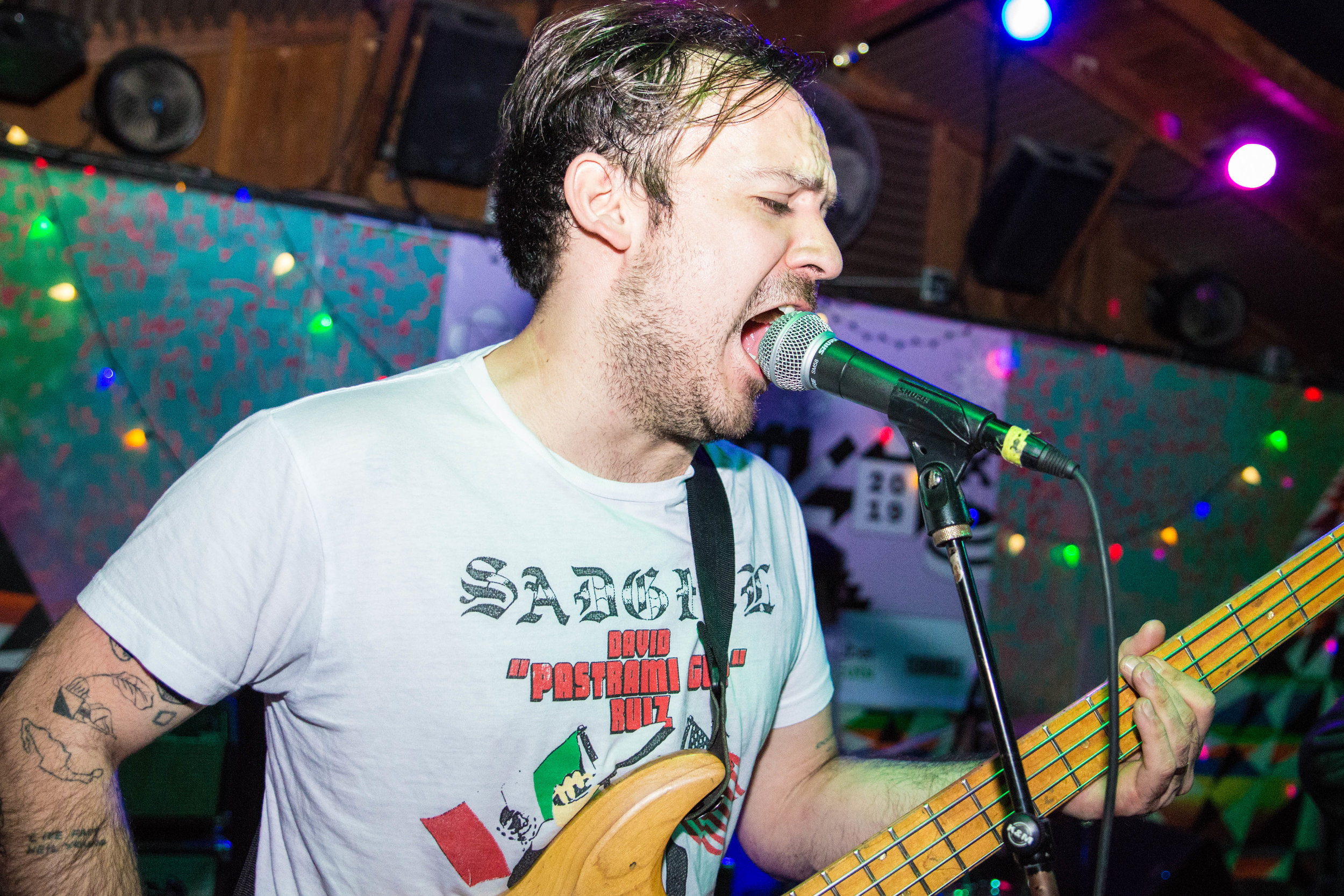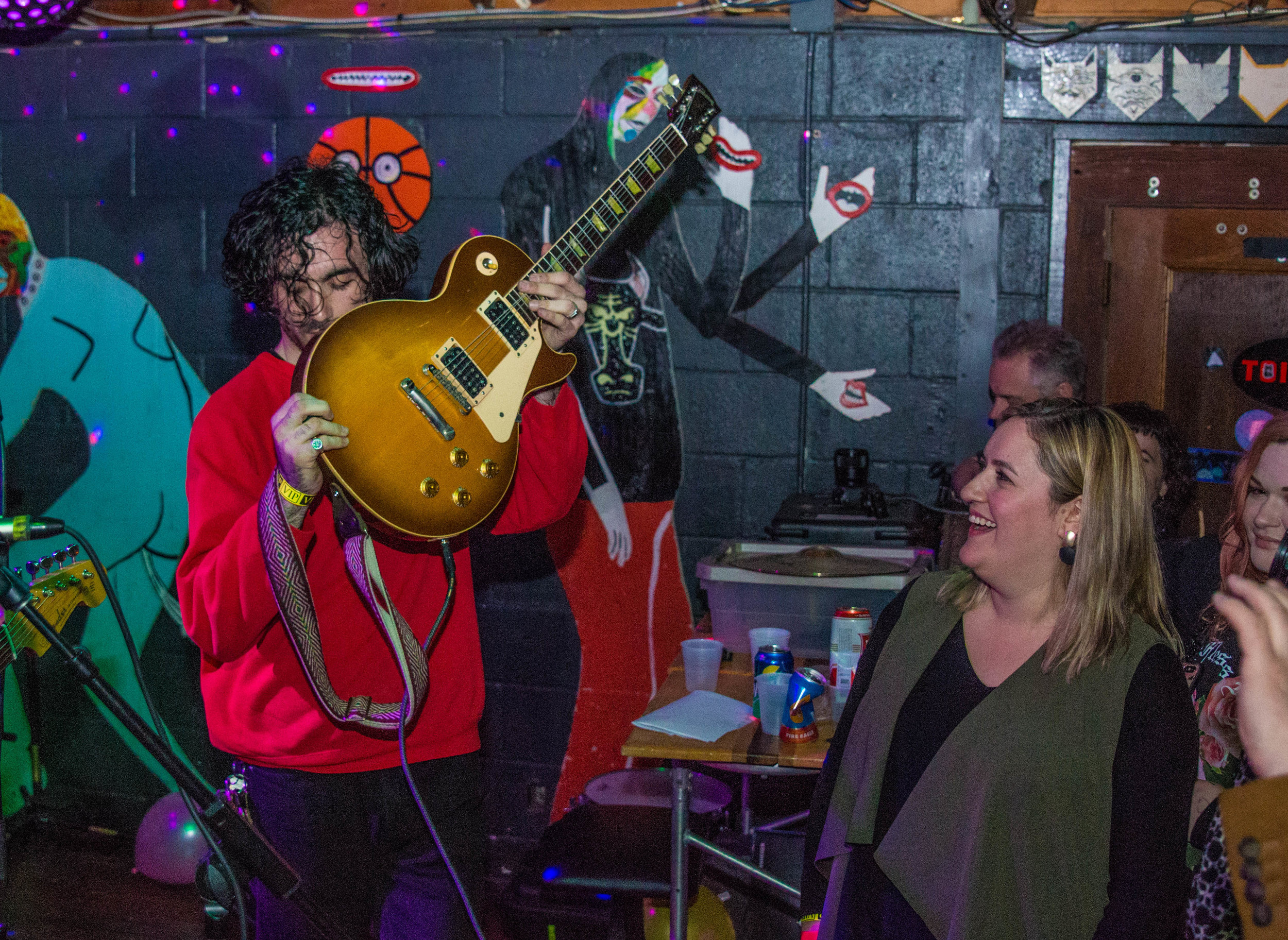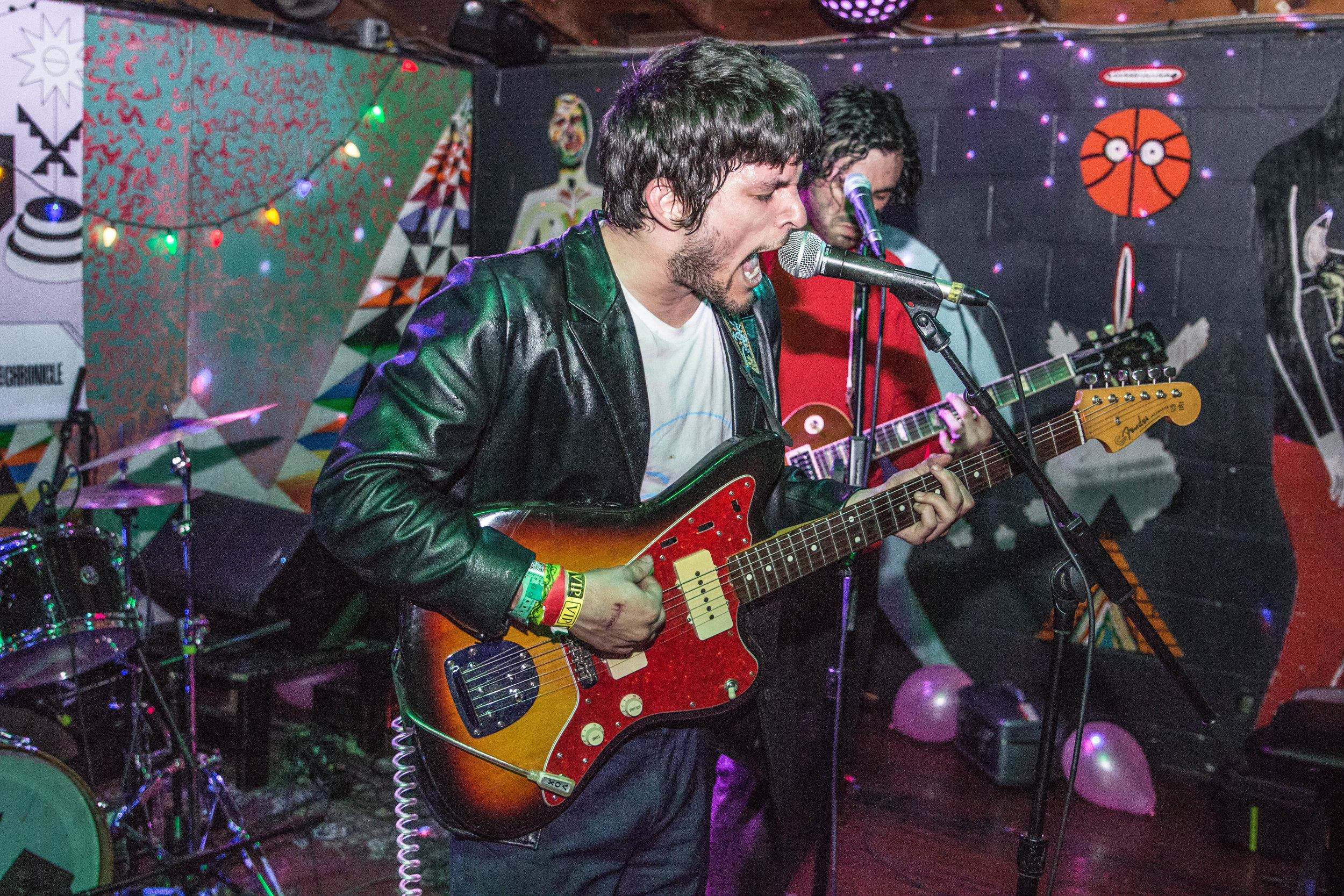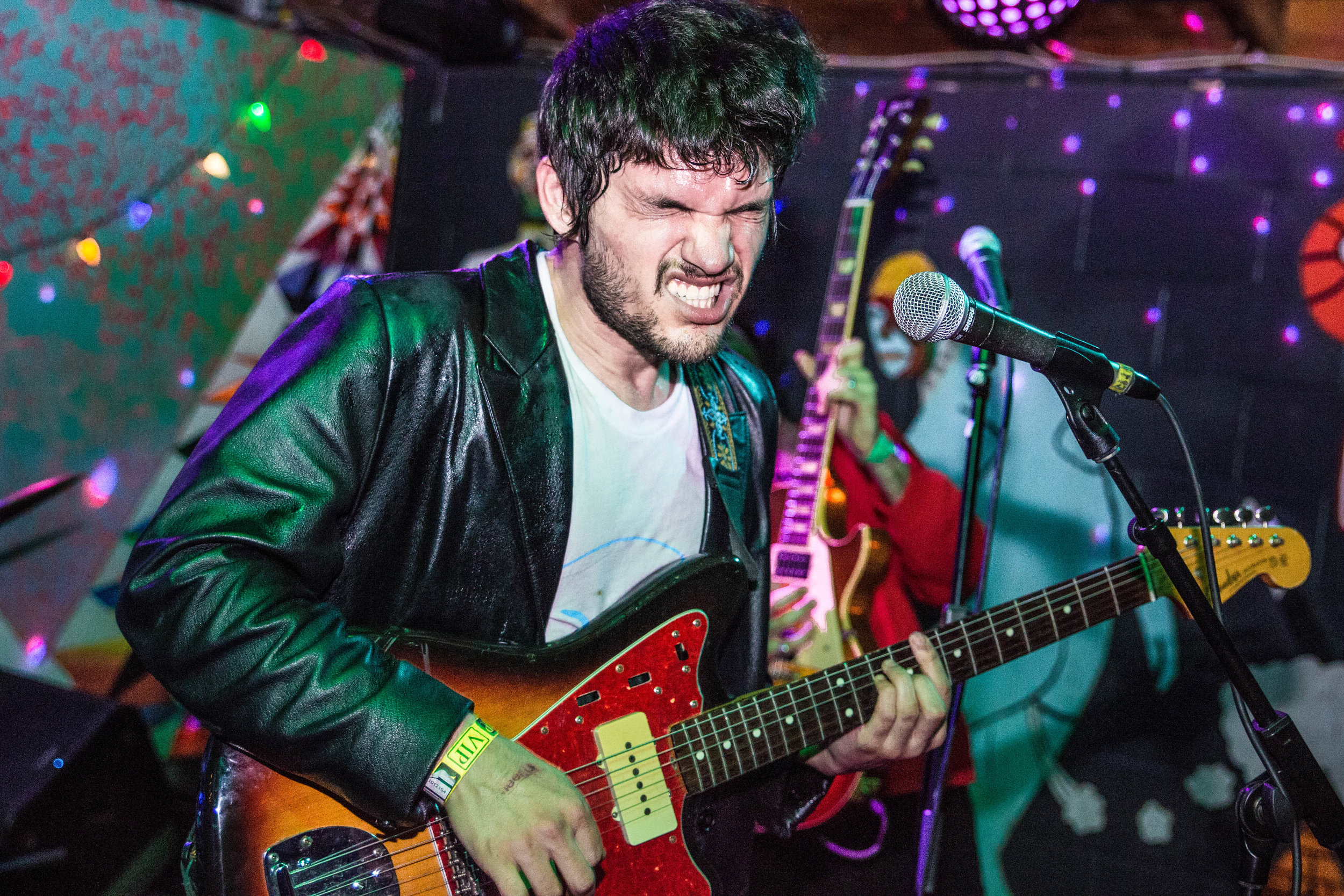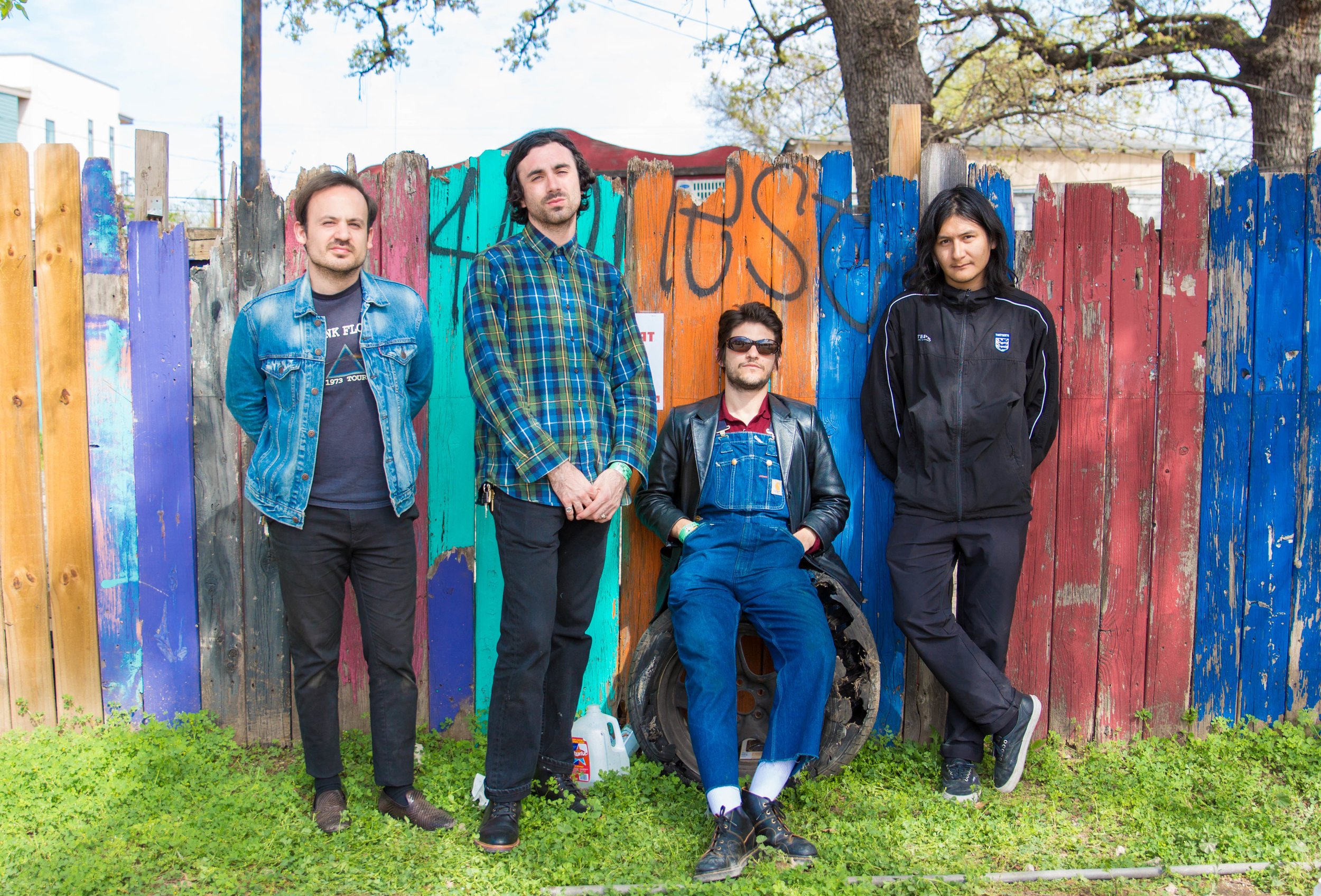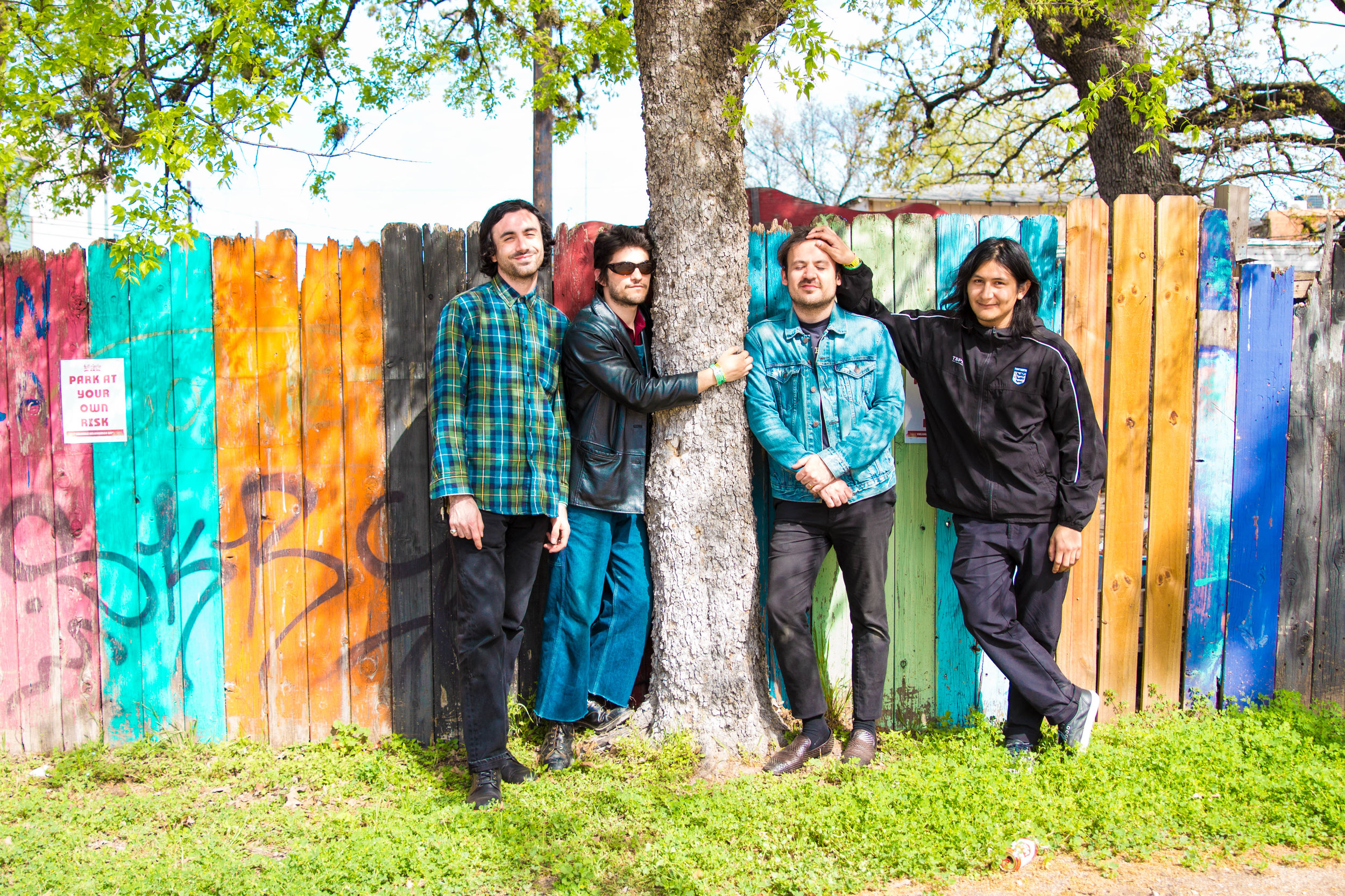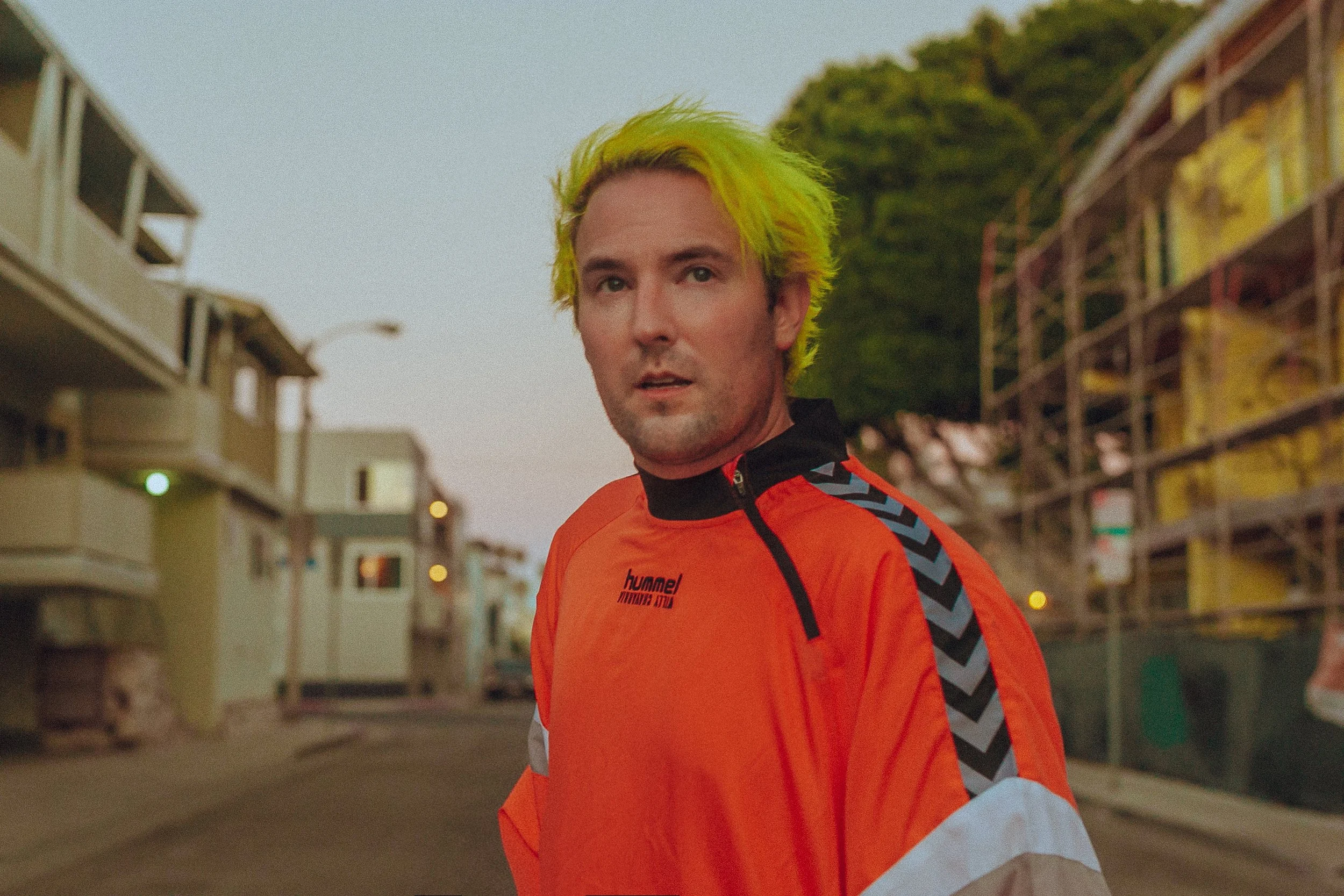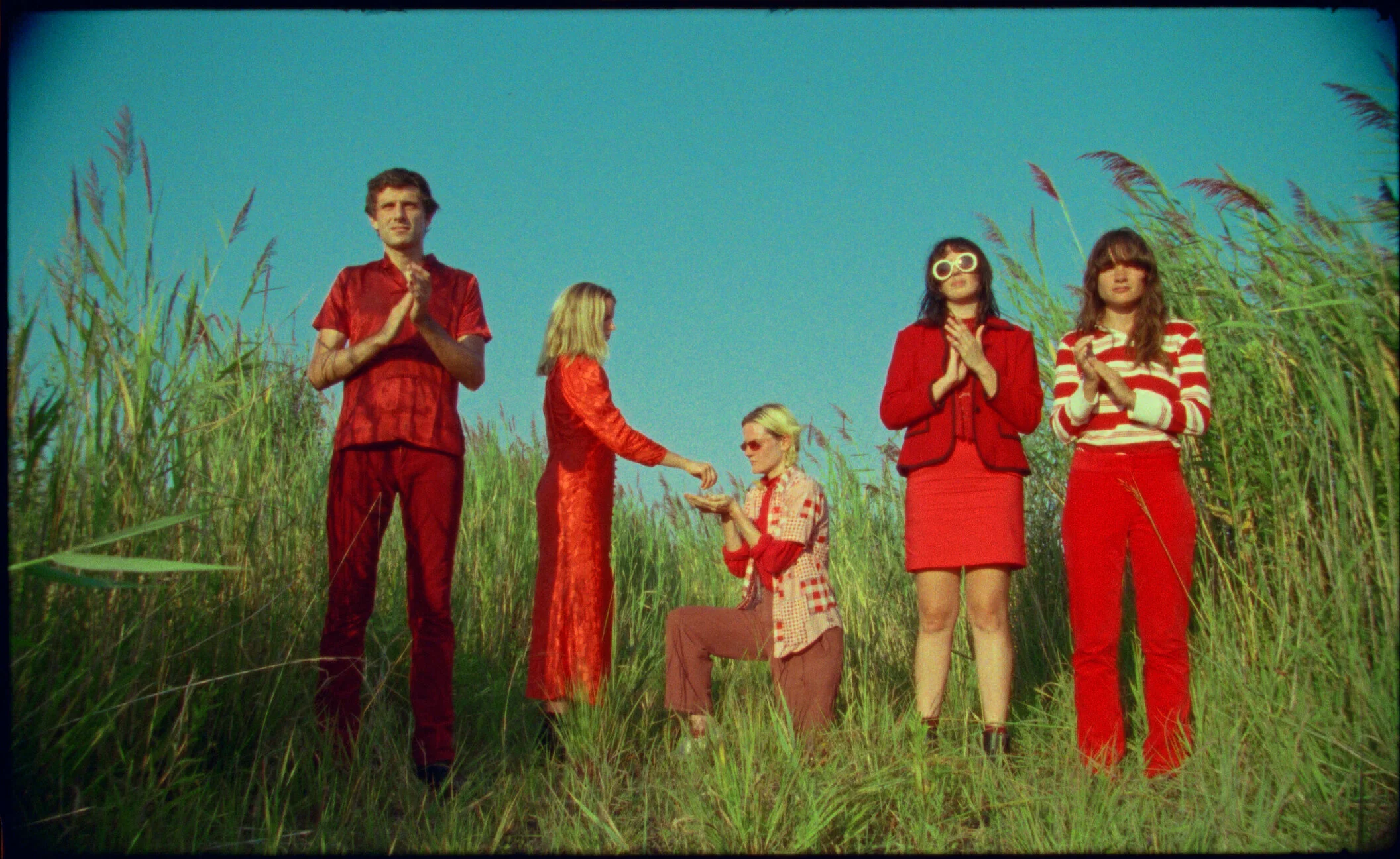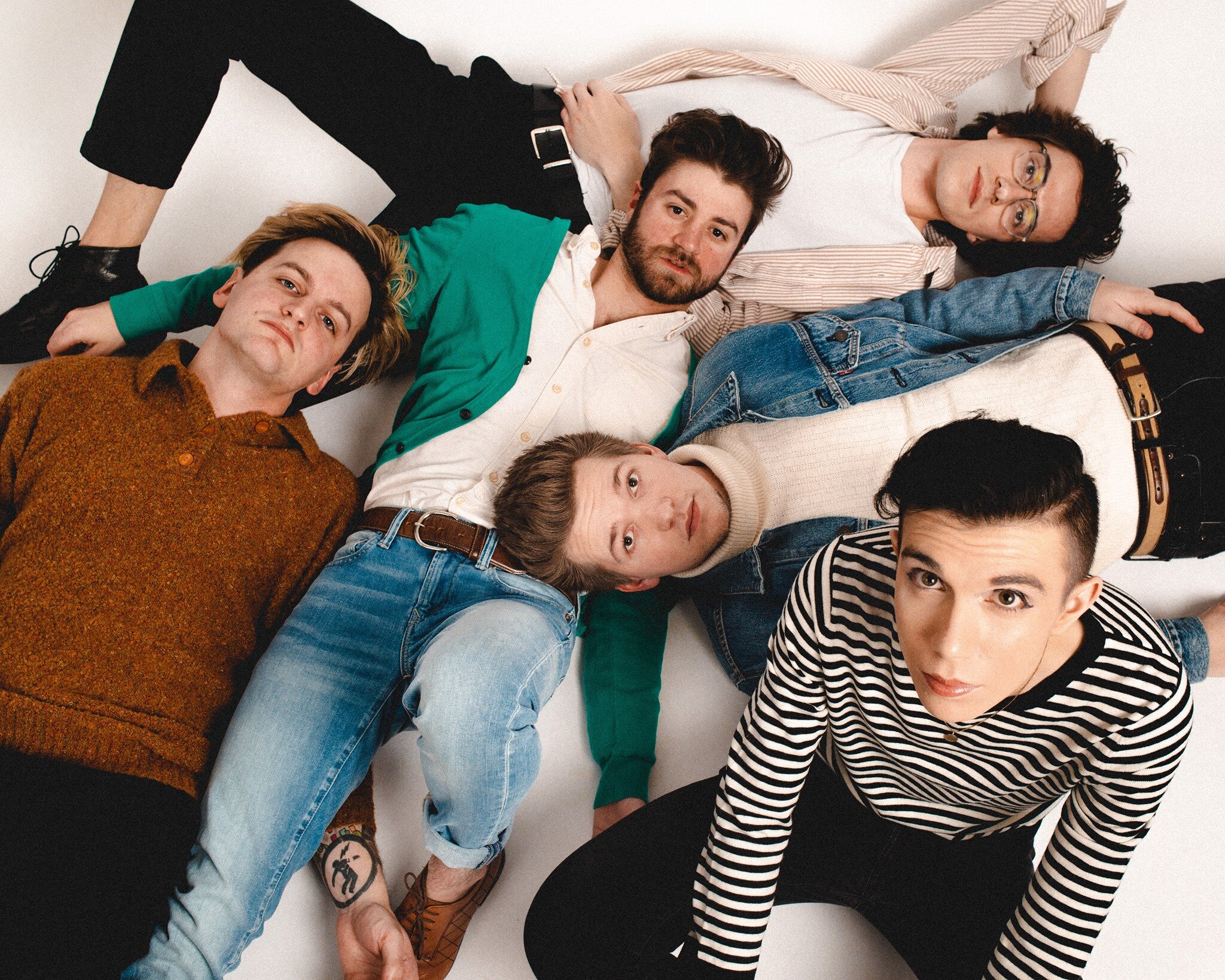A Chat With: Alice Merton
Photo by Danny Jungslund
Singer-songwriter Alice Merton just released her sophomore album S.I.D.E.S. last month as a follow up to her 2019 debut record, entitled Mint. Chances are, you’ve heard Merton’s massive hit “No Roots,” which was included on her debut record in addition to being released as her first ever single. Since the release of “No Roots,” Merton has gone on to garner over 1 Billion streams, performed at international festivals like Coachella and Hurricane, and toured with acts like Young the Giant, Vance Joy and Bastille—just to name a few.
S.I.D.E.S features the same strong vocals and intricate range we’ve heard from Alice Merton in the past, but she’s expanded and matured her artistry to another level with the new material. On tracks like “Same Team” and “Vertigo,” listeners experience Merton combining authentically transparent lyrics about the hard times she experienced over the past couple of years with vivid imagery. Merton has a knack for being descriptive enough that you can paint a picture of her tales, while at the same allowing for listeners to interpret their own meanings from the music. Throughout the fifteen tracks on the record, Merton brings us along for the ups and downs of her challenging journey, but we end on a high note with “The Other Side.” The final song perfectly describes that feeling when optimism starts to creep back into your life following a particularly hard time, which I think is something we could all stand to be reminded lately.
When Alice Merton and I connected over Zoom the week following S.I.D.E.S’ release date, it was just hours after the announcement that Roe V. Wade had been overturned by the Supreme Court. During our discussion, we talked about the challenge of balancing healthy distractions against the never-ending cycle of bad news, her nomadic lifestyle, artistic inspiration and more. Tune into the full conversation below.
ANCHR Magazine: Kicking things off, I’d love to hear your first musical memory. Either when you started playing music or just becoming a fan, what sticks out to you?
Alice Merton: It’s either gonna be sitting at the piano learning scales, when I was about 5, or it’d be car trips with my family. My dad always put the The Alan Parsons Project on, which was probably the first kind of music I was introduced to.
That’s awesome, I love a good road trip memory! Well skipping to current day, I actually saw you perform on tour with Bastille last month. I’m from Chicago but I was in Seattle for work and went to the Portland and Seattle shows. This is going to be such a crazy tangent, but I used to work with your bandmate Regi in Chicago at Lincoln Hall. I didn’t know that he was in your band before the show! I remember him moving away but never kept in touch with him, and when you introduced him onstage, it all clicked.
That’s so funny! So you guys worked together at Lincoln Hall?
Yeah it’s such a small world! I went up to him later to make sure it was him and now we’ve reconnected.
That’s so funny, I love those kinds of stories!
Sorry that was such a tangent.
No, that’s super cute! I’ll have to tell him that later.
Tell him I said hi! But back to the original question, I wanted to ask what was a highlight or your favorite moment of that tour with Bastille, or the festival circuit you’re on right now?
While we were touring with Bastille, it was so much fun! I think one of our highlights on that tour was when they surprised us onstage. They came out on the last song, “No Roots,” and jammed with us and danced with us. I didn’t know that was going to happen! The Bastille boys came on for our set, and then we danced with them on their last song, so that for me was a beautiful highlight because that was the end of the tour for us and it was a nice thing to do.
I love that! A Bastille sneak attack.
Yeah! They’re all so lovely, all such nice guys.
I also remember on that tour before you played “Vertigo” you mentioned the song was about the feeling you would get going onstage…that anxiety and the stage fright. So besides writing a song about it and going to therapy, do you have any advice for anyone struggling with social anxiety?
I have social anxiety as well, and that’s also one of the reasons I wrote “Vertigo.” Not just the stage fear, but being in places with lots of people, being in clubs…I felt like I just couldn’t enjoy things that every “normal” person, or in my head “normal person,” would enjoy. I think what really helped me was to find people that were like me as well where I don’t have to feel like “Oh I should be going to a bar or a club and doing all these activities” when that’s obviously not something that makes me feel good sometimes. It really kind of triggers me, and I always gave myself a hard time for that, instead of being like “oh that’s fine, Alice, you don’t need to do all that stuff because everyone is different and everyone likes different things.” I kept thinking that I have to change, I have to become better at working on being in a situation with lots of people. If I’m being honest with myself, I have become better with that, and that’s where therapy helps. I have stopped forcing myself to think that I have to be a certain way, to be like everyone else. I don’t like going to clubs and I don’t like going to busy places, I like to just be in the studio writing some songs.
Yeah, and have you found that with talking about it, you found like-minded people and it’s opened that door for you?
It really did open the door in that regard! I used to get made fun of by various friends like “why do you always stay home?” I don’t care anymore… I like to bake, and I like to write songs, and I like to watch movies and series.
Right, wasn’t that one of the only upsides of the pandemic?
Yeah! For some people it was the worst thing ever because it was like “oh I can’t go out!” and for me, it was like nothing changes. It was nice because I don’t feel this anxiety any more that everyone is expecting me to be somewhere.
Yeah it kind of took away from the FOMO because you’d be at home and know you’re not missing out on anything because we were all at home.
Exactly!
Well speaking of “Vertigo,” it’s on the album S.I.D.E.S., which is brand new…just a week old. It’s still a newborn.
It really is a newborn! I’m still adjusting to it being out, It’s amazing with it being out, but it’s also kind of terrifying that everyone gets to hear it and it’s out of my control. It’s like I have no influence over what happens with this album anymore.
Yeah I was going to ask how it felt to have it out! It’s exciting/terrifying right?
Yeah exciting and terrifying at the same time.
Can you tell me a little bit more about your experience both writing the record, as well as recording it?
During the pandemic, it was hard to record any way. I was being very careful, I wasn’t really going into studios. I managed to find a few producers who we’d do tests beforehand, but it was still kind of a stressful situation because I never really felt 100% comfortable with it being in a studio, and I wasn’t allowed outside of Germany. So I recorded one song in the US when things opened up a little more last year. Other than that, it was mostly within the UK and Germany, which were my two bases. It was also difficult to navigate because both places kept getting locked down, so you can’t fly in between certain timeframes. It was a challenging album to make, logistically, but at the same I really felt like this album helped me through the pandemic and made me feel like I have a purpose and I’m doing something. It helped me digest everything that happened, so I really do feel like this album saved me in a way.
Yeah it sounds like a very necessary distraction from everything going on. I love the whole record, but I think my favorite song is “The Other Side” because it perfectly describes that healing journey and when you’re finally getting over this difficult thing that happened. Can you describe the backstory about how the song came together?
So I had been on vacation once last year. I went to an island called Tenerife and I think that inspired a lot of the lyrics, especially in the first verse, like pink skies, cable cars…I had lots of friends getting married, so I was picturing flower bouquets, and I kind of just imagined seeing the person who I really wanted to be friends with at the time and having some kind of connection to but couldn’t at the time. So I just imagined seeing them and how happy they were, and how happy I was. I imagined a world outside of this world, where you know you’re gonna get there. Like you know you’re going to feel good at some point in your life, and it’s not always going to feel like a big dark hole. I have to admit for a big chunk of the pandemic I really felt quite lost, and I didn’t feel like getting up in the morning anymore. Not just for two days, but for a month or two months. I just felt like I didn’t want to exist. But in June last year, I felt like things started getting better and I started seeing the light. I started realizing like ok, it’s not always kind of obvious to get to the other side… We think things are gonna stay like this forever, but it was a great reminder to myself that there is always going to be another side and that it’s just a matter of time before you get there.
Yeah, sometimes the road is longer, but there’s always another side to the road regardless. Does it kind of feel like with all the festivals and the tour that you’re on, with having music as your career, that you’re kind of on the other side of the worst of the pandemic?
I think on certain days, absolutely. I think today is kind of a day where I feel like I’m being pulled back into this sad reality that we live in, reading the news…
Yeah with Roe V. Wade getting overturned today... What a terrible day to have calls and interviews.
Yeah you’ve got some days on the back end of a tour where you’re like this is amazing! It’s great, everything is lovely. Then you wake up some days and you’re just like what kind of reality am I living in? Is music really helping people? I think today is one of those days, and I’m not very good at hiding it either. I wear all my emotions on my sleeve. I think today just feels like one of those days where you thought you were escaping but then you realize you’re not quite out of it yet.
I do think that music, and concerts especially, can be such an escape. Do you feel like an immense pressure in a way as a performer? It feels like every day there’s something else devastating in the news, so how do you balance that with being the lighter side to the dark times, but also still recognizing that horrible things are happening?
I do find it at times to be very difficult as a performer that there’s this expectation for an hour and a half that you need to make people feel amazing, so you need to feel amazing. On a day when you’re just not feeling great, that can be really tough. I have a lot of respect for people who have to go up on stage every single day. At the moment, it’s been weekends with us, so we haven’t had a full European tour yet or a full American tour. We were on tour with Bastille for two weeks and that was great, but I still have days in between now where I can kind of be sad and be emotional and then kind of pull myself together again like “let’s do this!” I feel like we’re all going through this emotional roller coaster at the moment like what you were saying about everything happening in the news. You’ll have days where you’re like “oh I’m listening to a nice song and the sun is out. Everything is great! I’ll just ignore everything.” Then you have days where it’s just up in your face and it’s there. The world is up in flames and it’s there, it’s present…and I honestly don’t have the solution to navigate it. I wish I did. I think it’s just kind of taking it day by day and also realizing that it’s ok to feel overwhelmed but it’s also ok to feel good and not feel guilty about feeling good. There’s no point feeling overwhelmed every day.
Yeah I love that, no one can take on that burden for that long by themselves. We’ve got to lift each other up!
Absolutely!
Well pivoting to a little bit of a lighter note, I wanted to talk about your personal background and your nomadic lifestyle. Did you know when you Google yourself, you’re described as ‘German-born English-Canadian’? Then with “No Roots” you’ve talked about moving around a lot, so I was curious if you find that your diverse background and being ingrained in so many cultures, has that made touring life easier for you?
I think it’s made touring much easier for me in the sense that I don’t feel homesick when I’m on tour. I really feel comfortable in most environments that I’m put in. I really feel like I can adjust really quickly, and I’m not someone who will sit around moping that I miss my home and my bed. Like I’ll miss a bed, and I can sleep better in a bed than a moving vehicle, but I’ve really learnt to kind of pack up my stuff multiple times and have my home be wherever that is. Especially with people you love. I’ve learned about myself that my home isn’t a certain place, it’s dependent on the people who are there with me. So that’s why for me, it’s vital to have my guys and my band with me, because I’ve been with them for such a long time. We met at university so I really feel like more of a band, rather than a solo artist having a band in the background. We wanted to find a band name, well I did– they didn’t! They said just call it Alice Merton.
They’re like let’s just put all the pressure on you!
Kind of, kind of! I was like sure, guys whatever! We’ll put my name on it. I write the songs, so I guess it makes sense, but for me it’s still like the idea of having a sub guitar player is terrifying. I can’t see myself being like “this guy’s gonna play today instead of Regi.” Or having another drummer, it doesn’t feel like I want to do that.
Yeah it’s great that you have a support system but you can be so adaptable! On the flip side of that, where have you found that you’ve had the most culture shock? Even if it’s just a specific state in America, since some states have their own culture.
Yeah that’s very true! That’s a difficult one though. I feel like in America, I’ve never had a huge culture shock. We haven’t played much in the South…We’ve played in Texas, but Austin, Texas is super cool to play in. I don’t think we’ve had dramatic culture shock in the US. It’s been more outside of that, like playing in Turkey for the first time and witnessing how many people are suddenly in one spot in Istanbul. Exit Festival we played in Montenegro. It’s more so other countries because I feel like in the US I know what to expect.
Well, speaking more about your stage presence, I remember you mentioned your outfit was designed by your friend. Does that designer typically do all of your stage outfits?
I do like working with him a lot! His name is Basti, or Sebastian. He is very, very talented at what he does. I also like to support designers that are up and coming, or just people I think are talented at creating new things.
Do you find that kind of influences your demeanor onstage, almost like a superhero costume.
Yeah like a stage personality, yeah absolutely. It really helps me get into character as well. I wouldn’t say I’m a loud, outgoing person offstage, but when I’m onstage I really feel like with the outfits, I’ve become someone who can—I mean “lead a crowd” is exaggerating—but to still be mentally strong enough to get people excited about music.
Yeah it gives you that extra confidence! Are there any other musicians and artists, either visual or otherwise…or even films that you ever draw inspiration from as well when it comes to your stage presence?
I have been a fan of Keith Haring for a while. That’s been kind of an inspiration in some regard. Also, for music videos, there’s a Swedish director called Bergman, and he inspired the “Blindside” music video. It was black and white and we kind of took some of his scenes and adapted them to the music video screen. I think art is one of those great kind of outlets to get inspired from…even Andy Warhol. I really like that kind of art.
Yeah I think that any artist or creative person is kind of subconsciously always soaking in inspiration. It’s hard to usually pinpoint something specific.
Exactly, you’re constantly being inspired by random elements that you see! Around Christmas I went to multiple museums which were fascinating. Even furniture and how certain designer furniture is made…that was really cool to see. We got to see pieces from Klimt, which was beautiful. But you never really know what from that goes into the music. I know from videos where I get inspired. I think there’s some moments where I’ve been inspired by Breaking Bad, how dark it is. Also Handmaid’s Tale. I love that series as well.
Awesome. Well wrapping up, do you have anything else coming up that you want to share or that you’re looking forward to?
I think what I’m looking forward to the most is just sharing “The Other Side.” Not just the full album, but specifically the single because I really feel like it helped me and I would just be so happy if it helped other people as well get to the other side and realize that even if they see darkness…At a certain point in their life, they have that reminder that there will be a time when it will feel better. I wish I would have had that reminder back then, I think that would have helped a lot.
Yeah I love that you wrote this song. It’s also summer now so it’s such a good summer anthem. Thank you for writing it and taking the time today!
